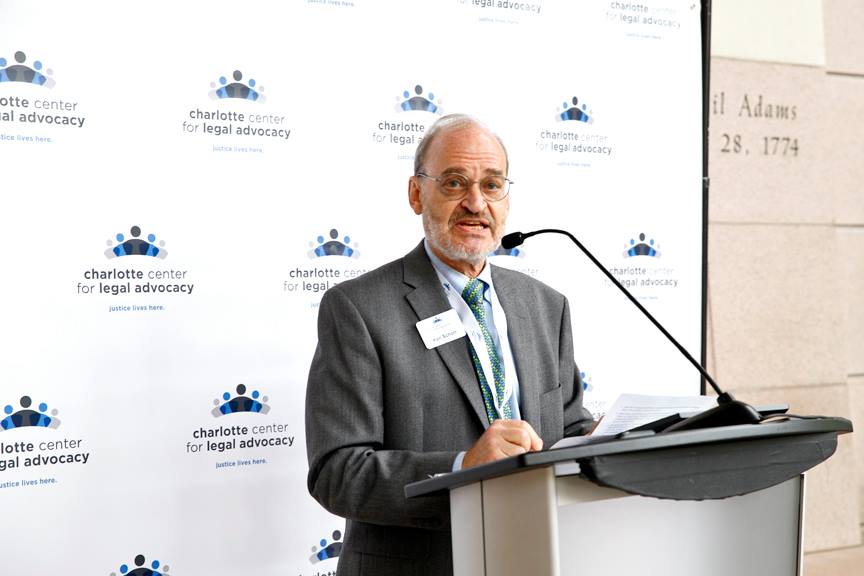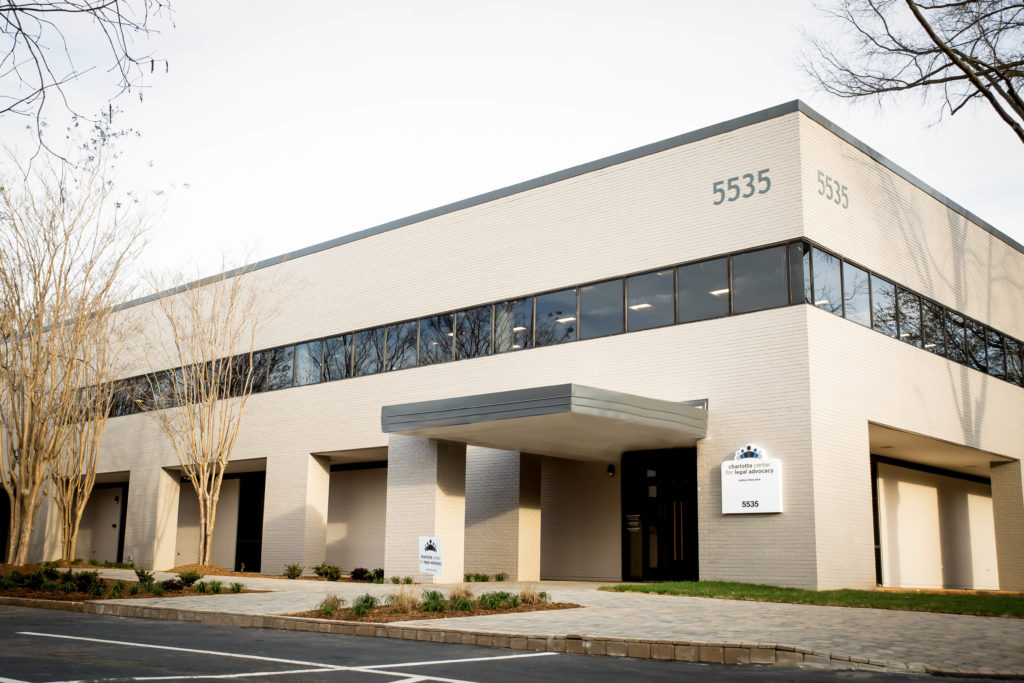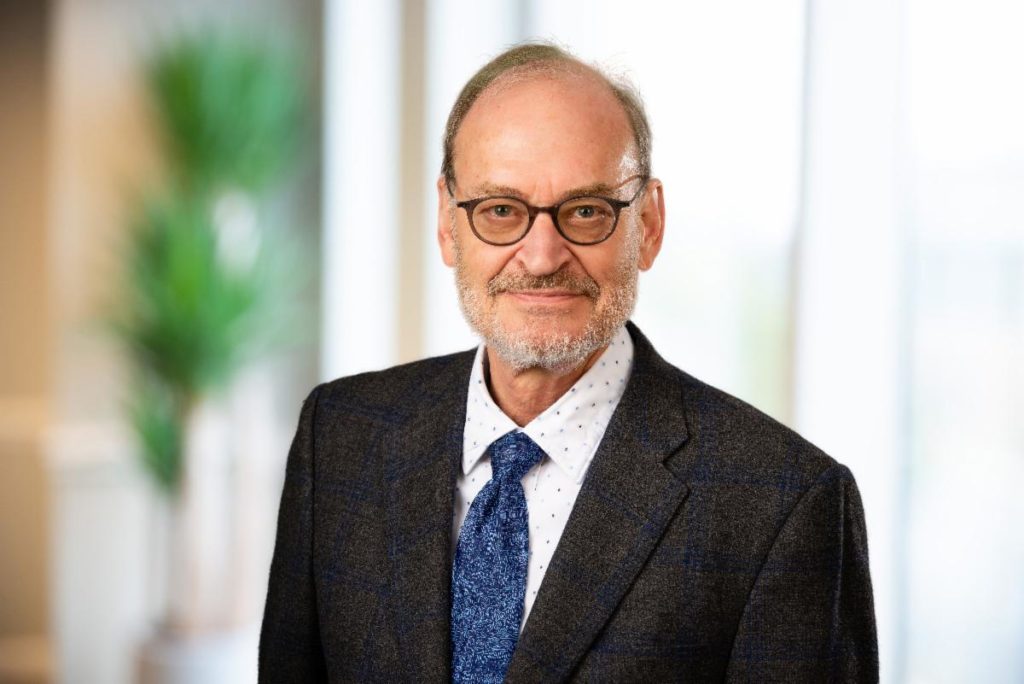Join us July 16th for a family event that will include health screenings, vaccines, community resources, and legal services. The event will take place from 10am-2pm at our new location, 5535 Albemarle Road, with information, food, & fun for the whole family!
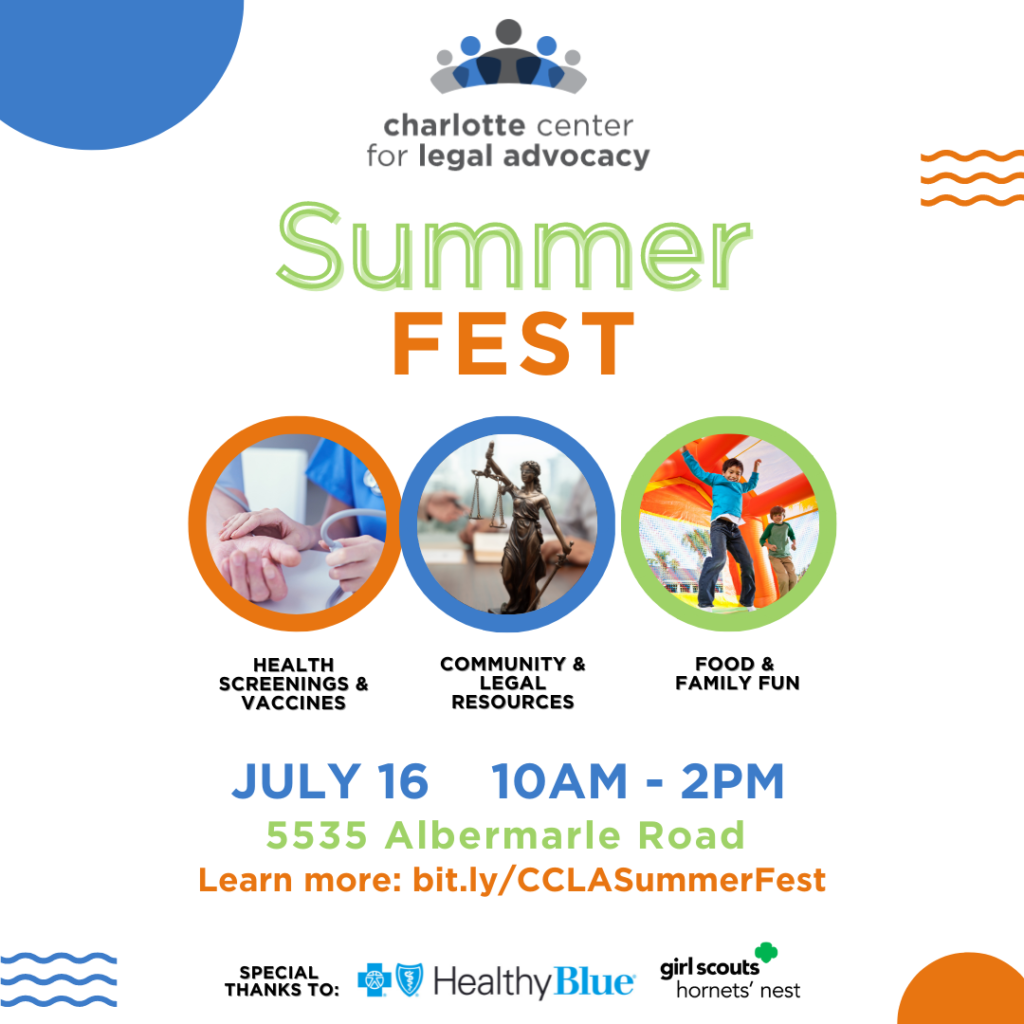
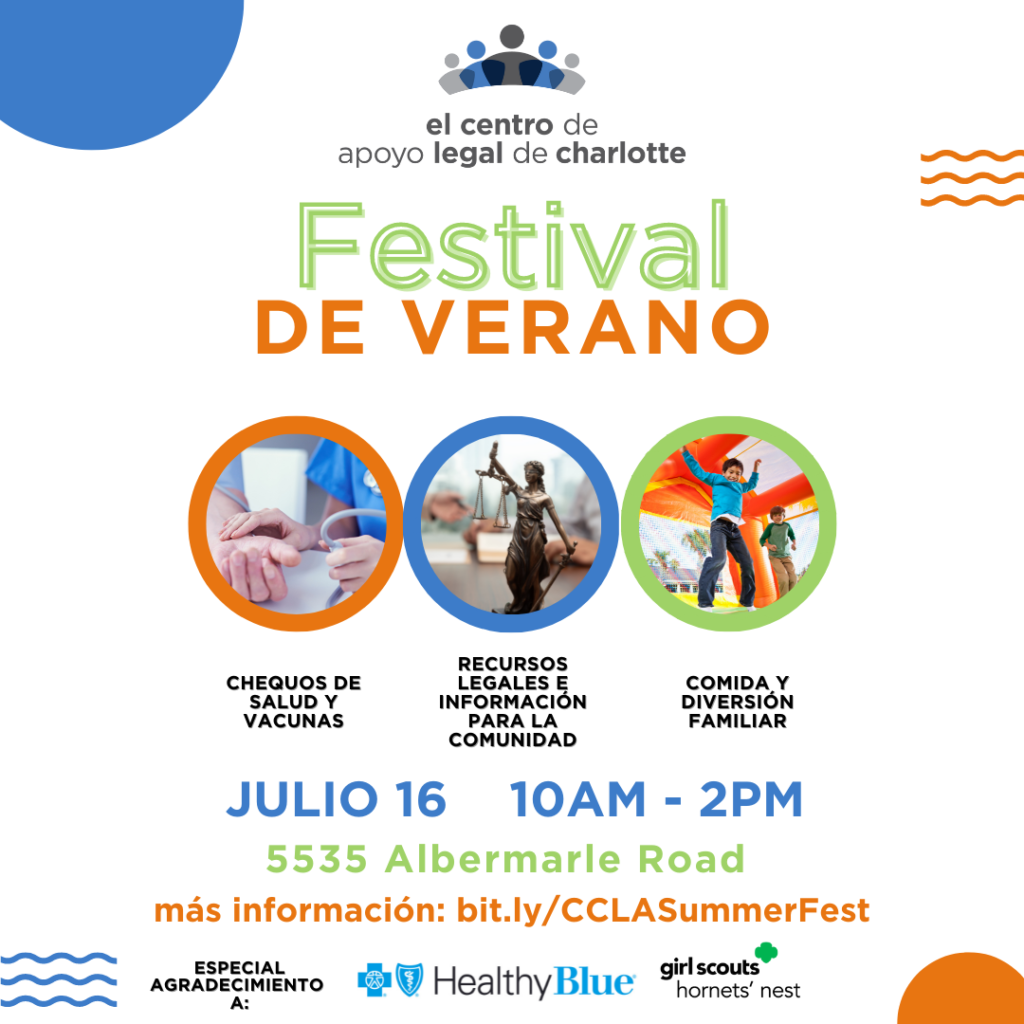
Summer Fest Event Gallery
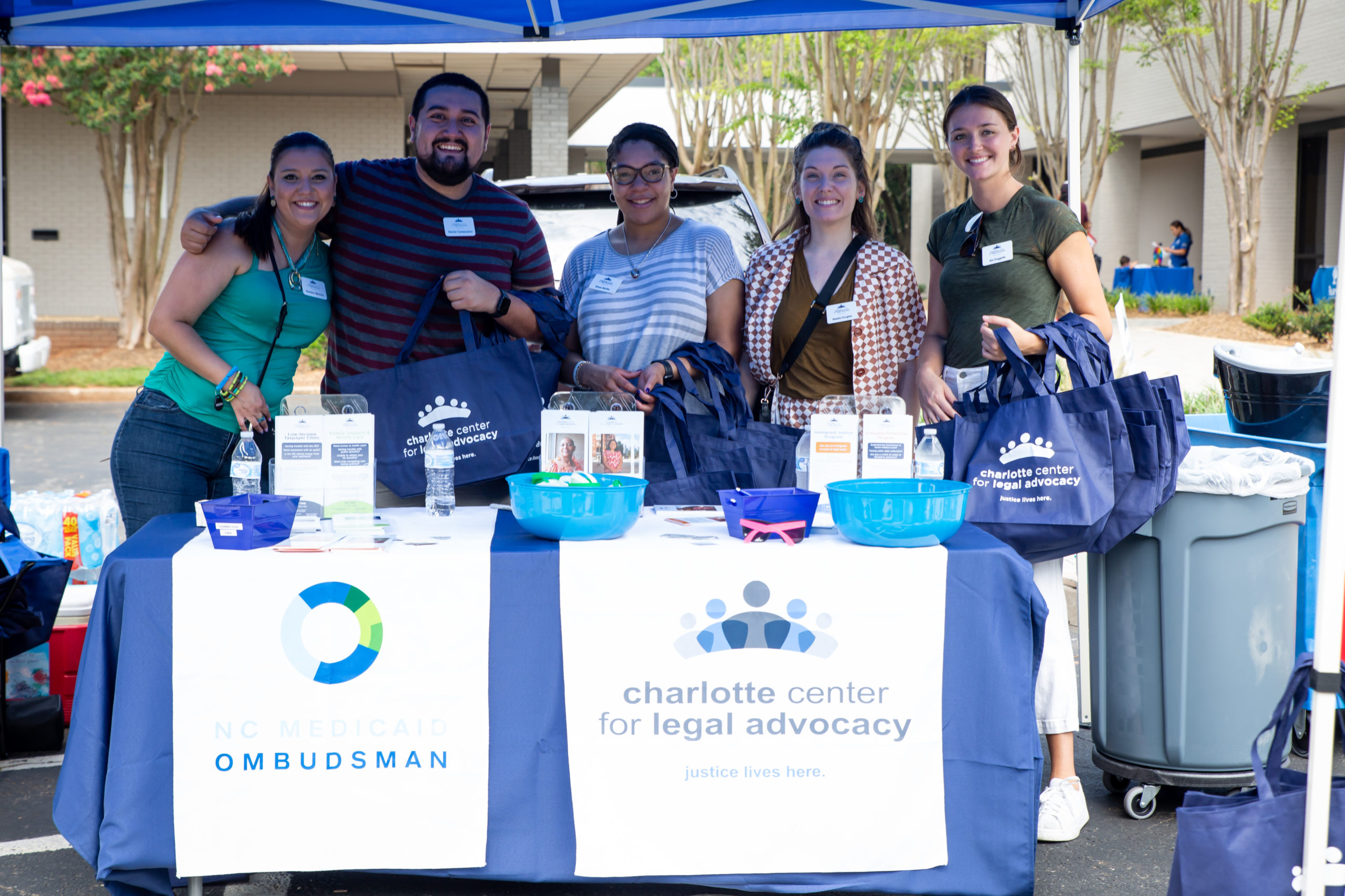
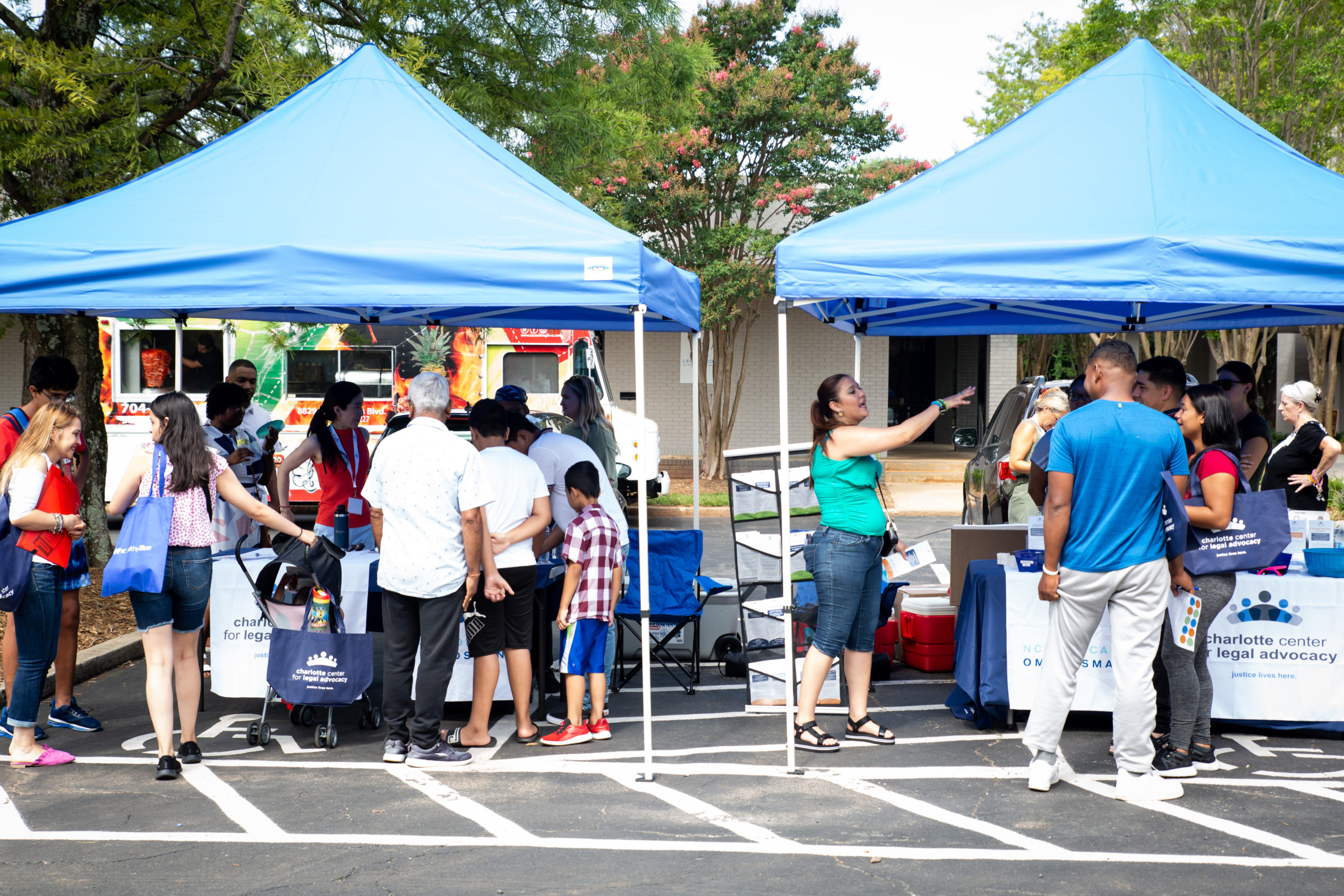
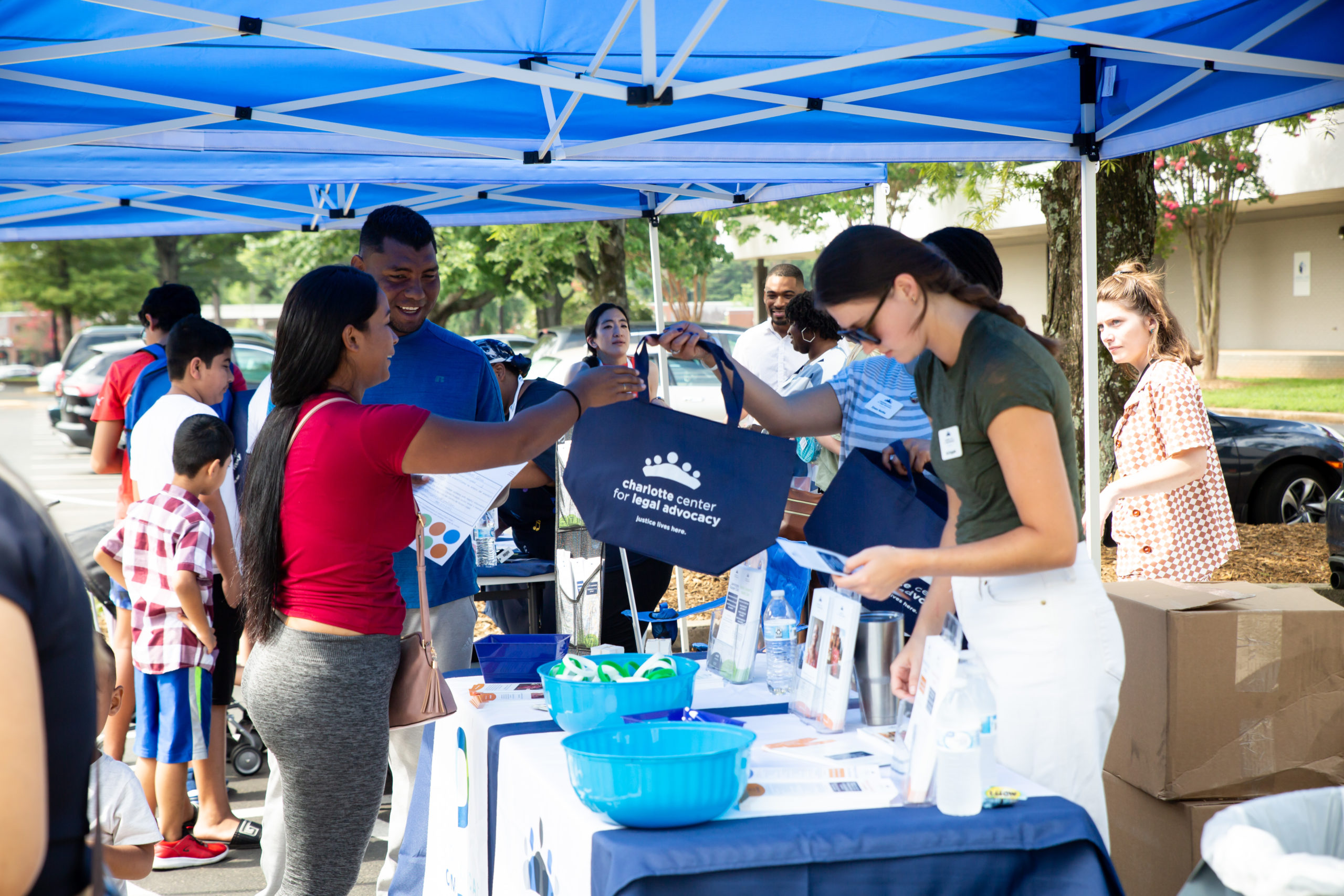
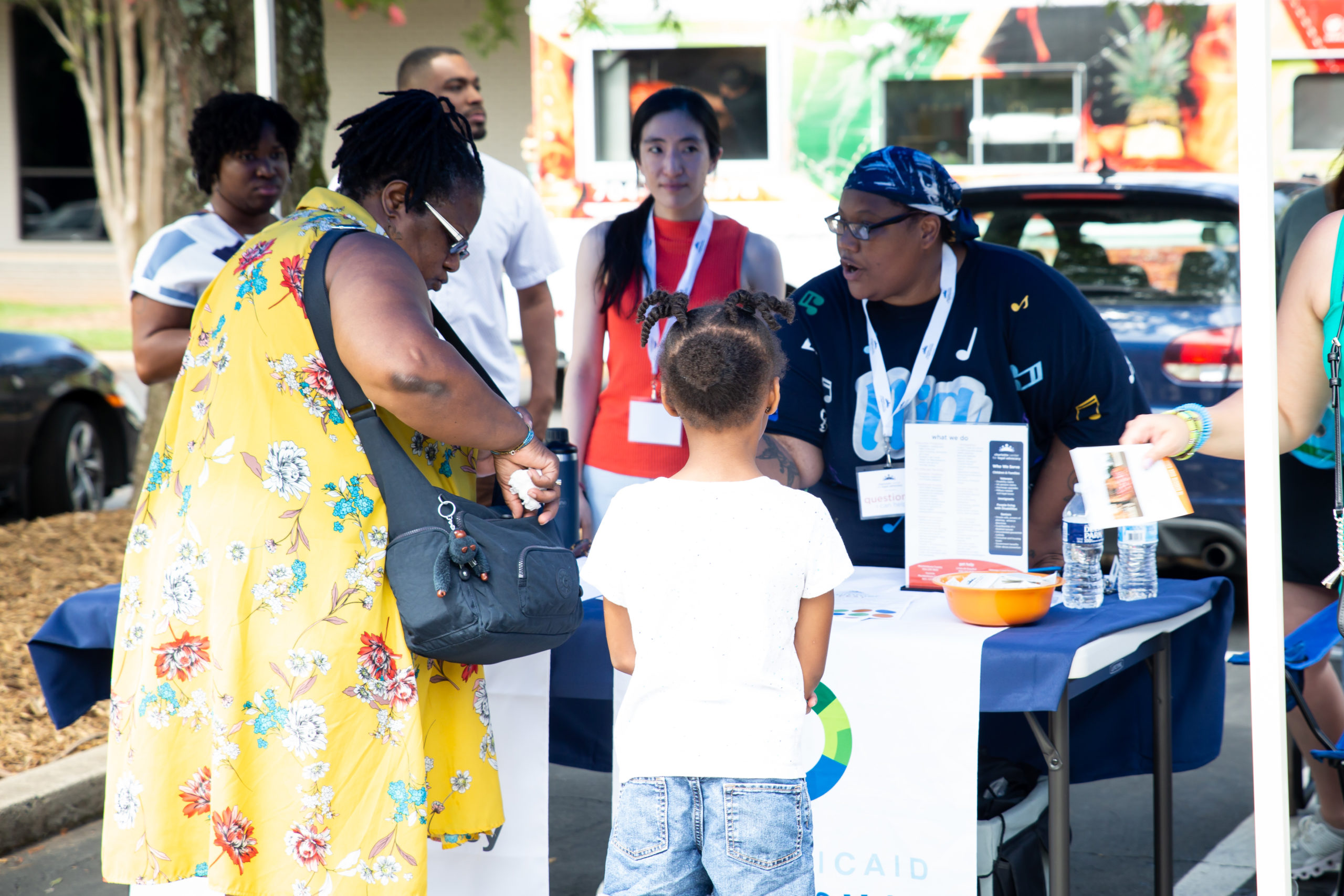
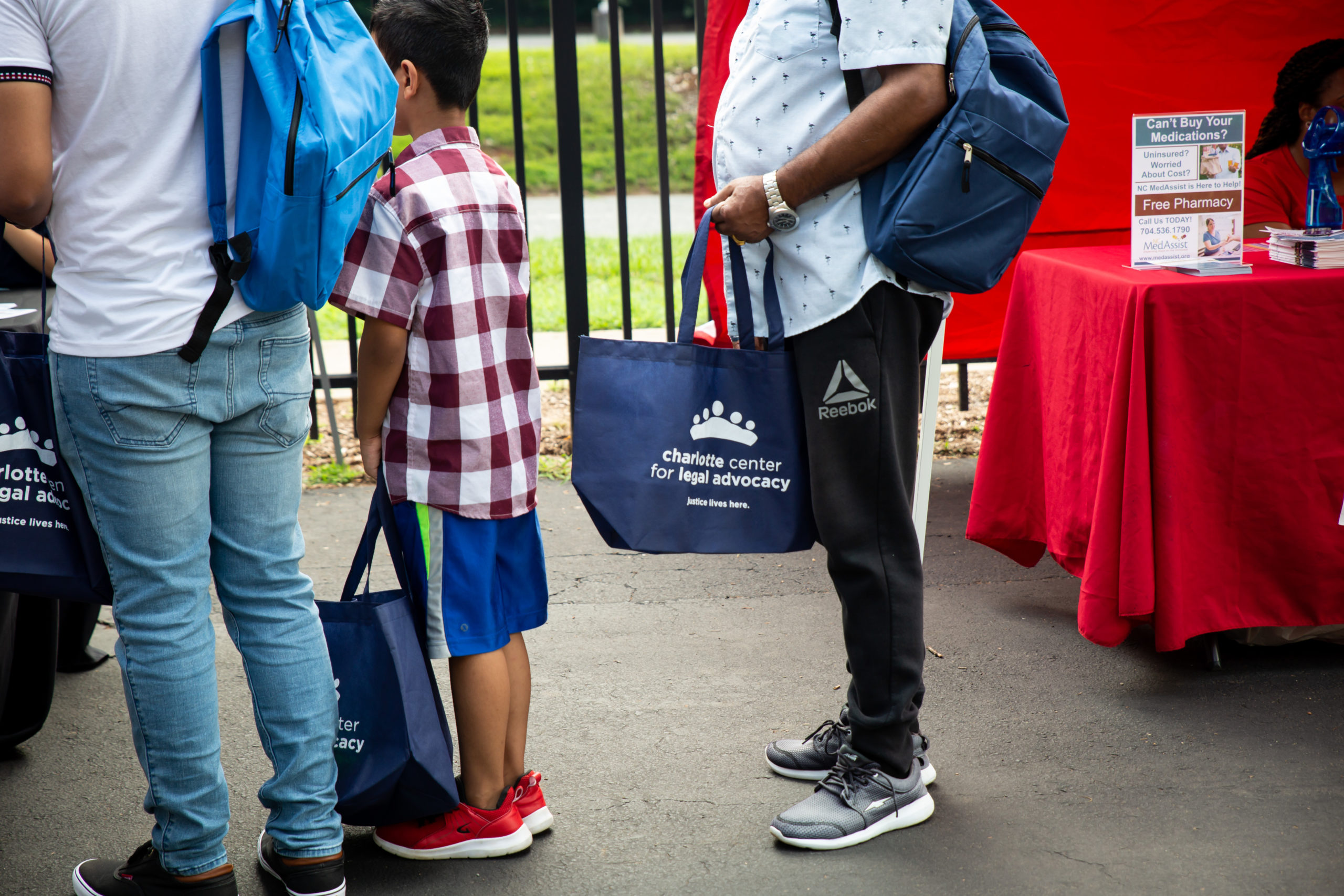
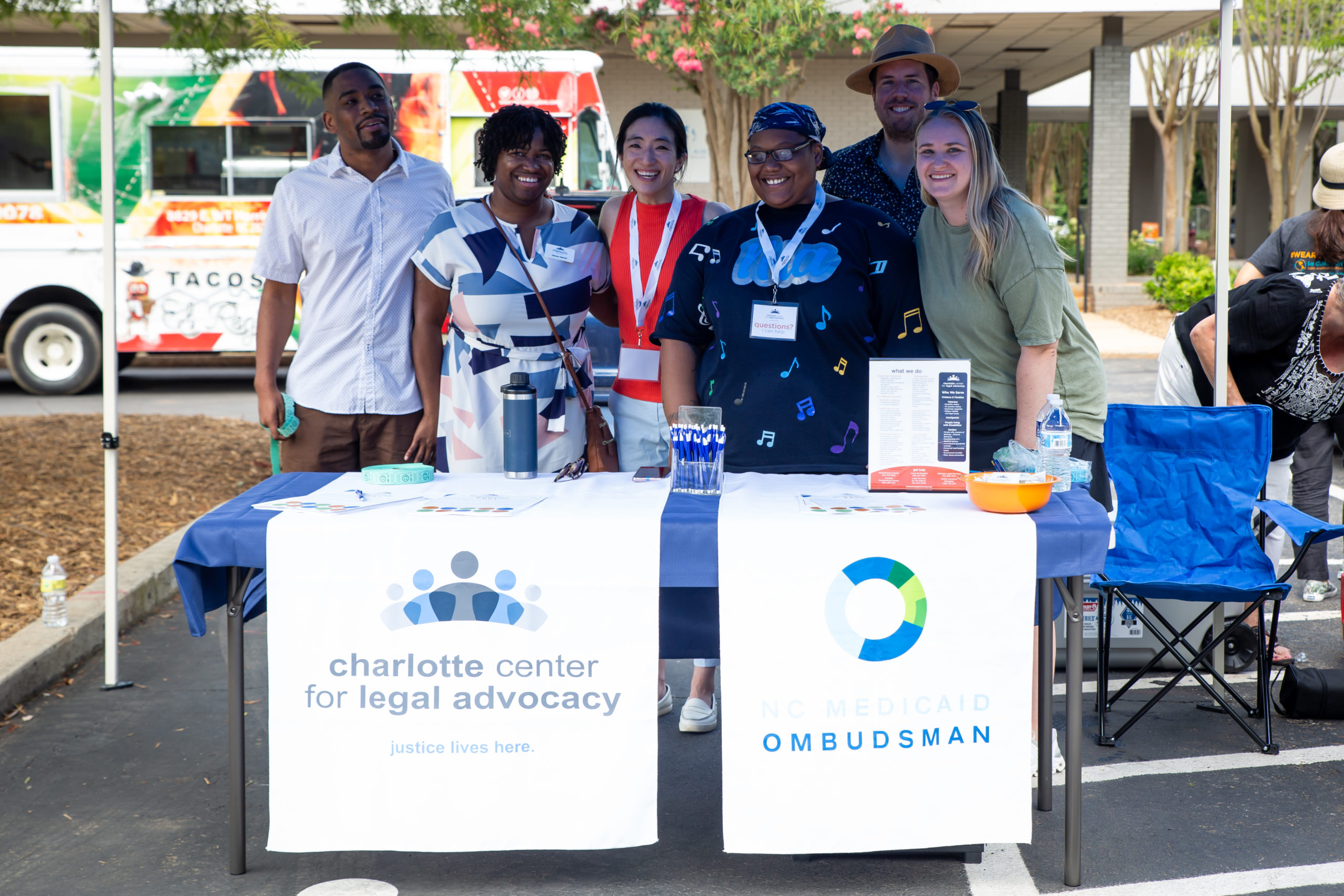
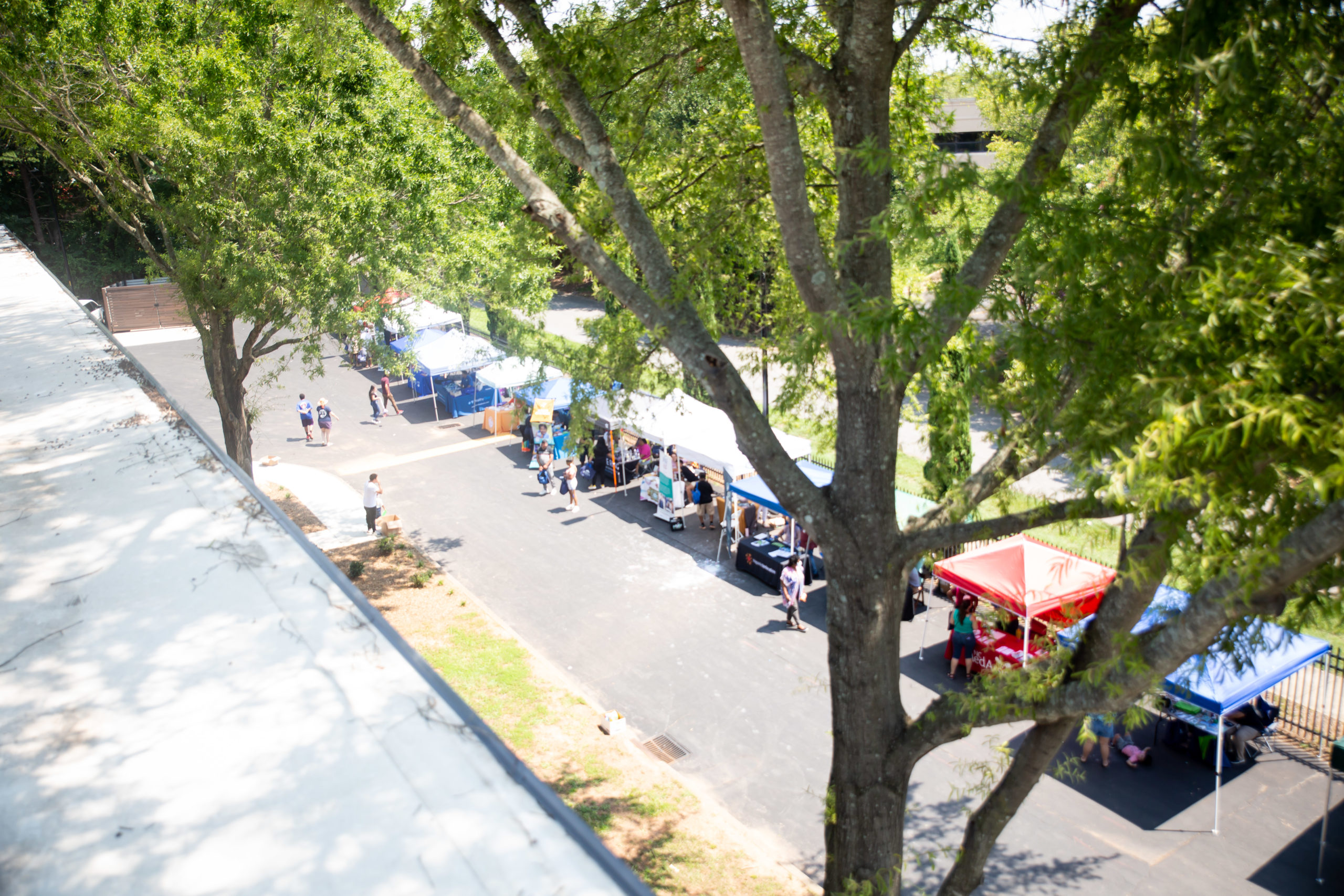
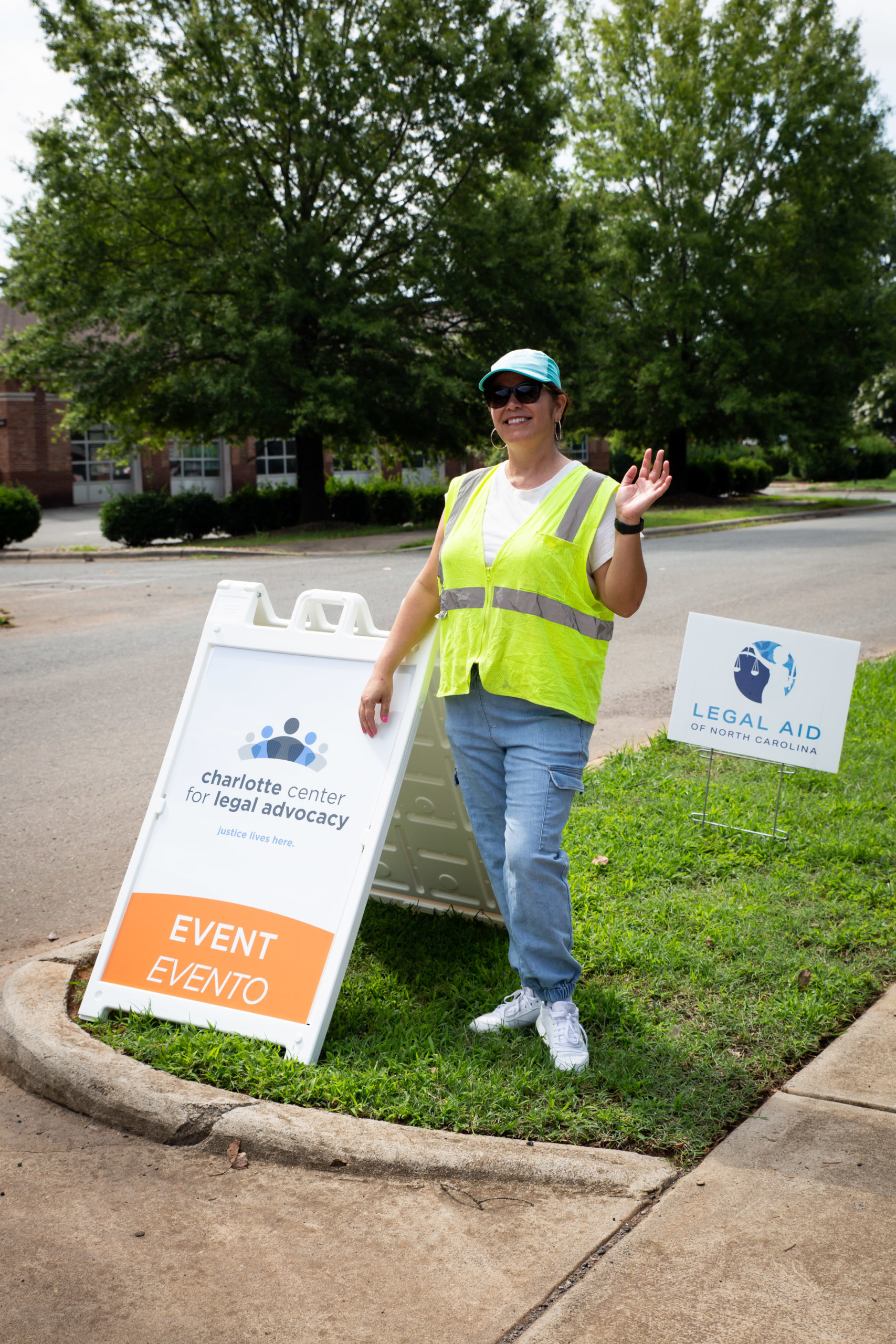

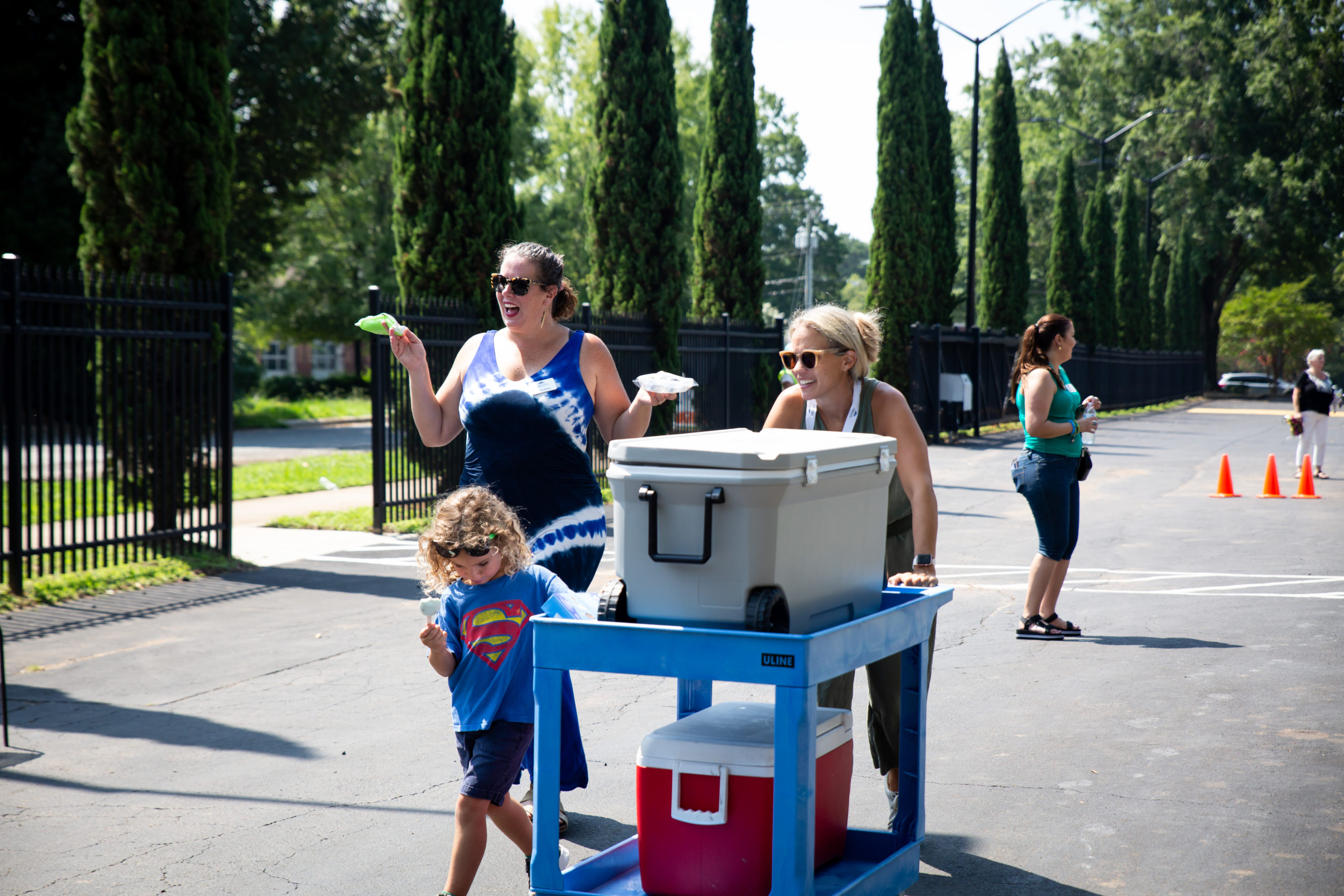


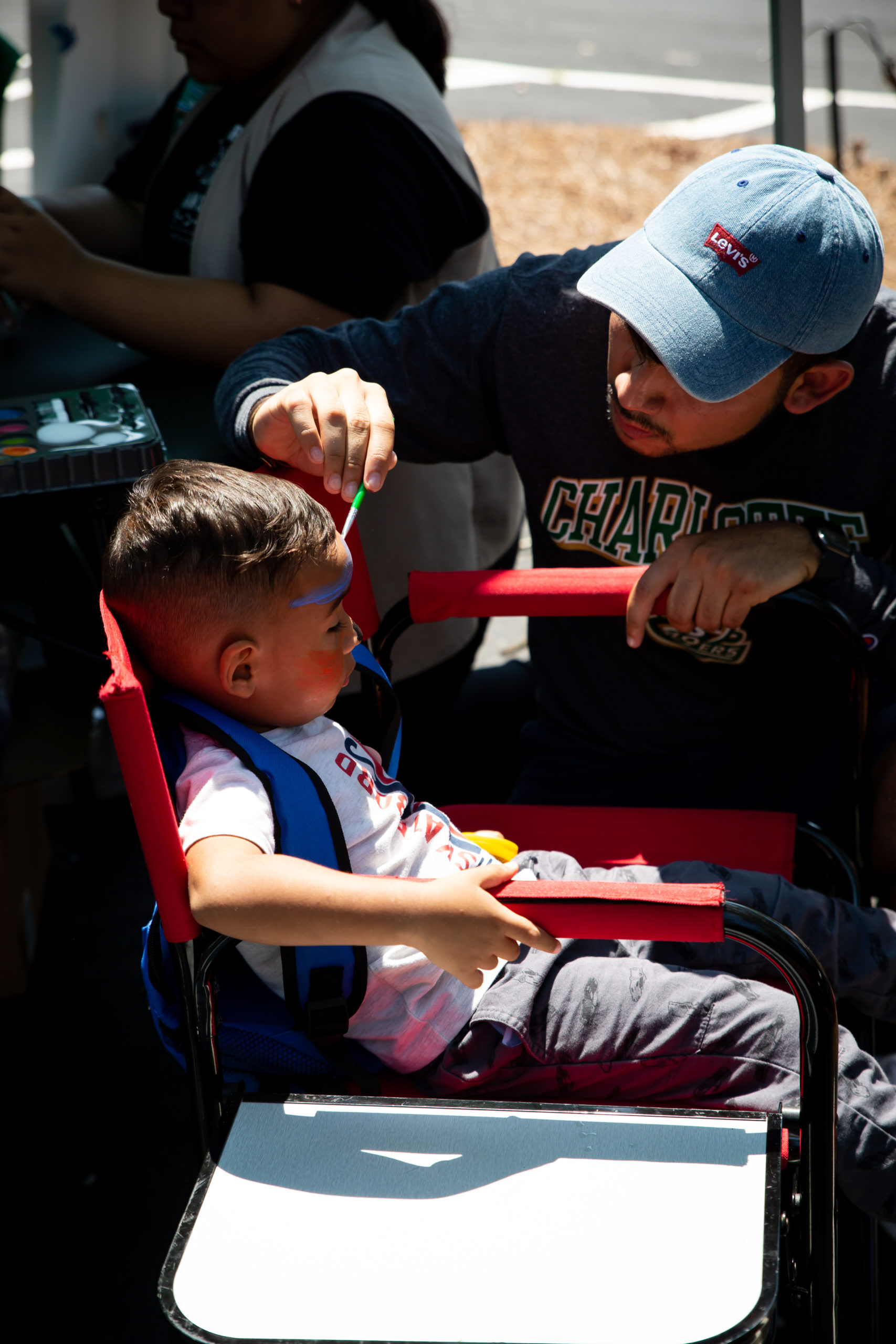
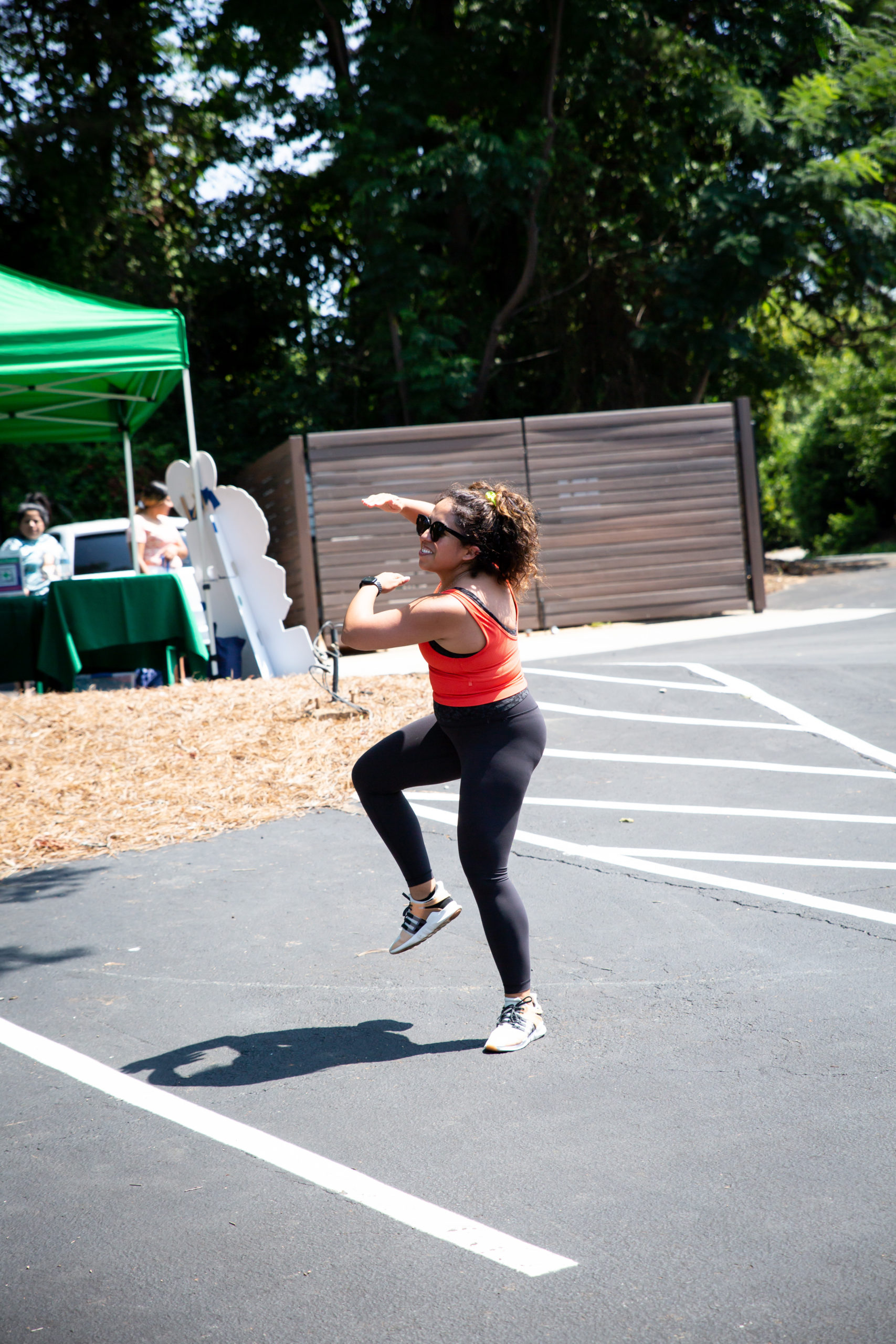
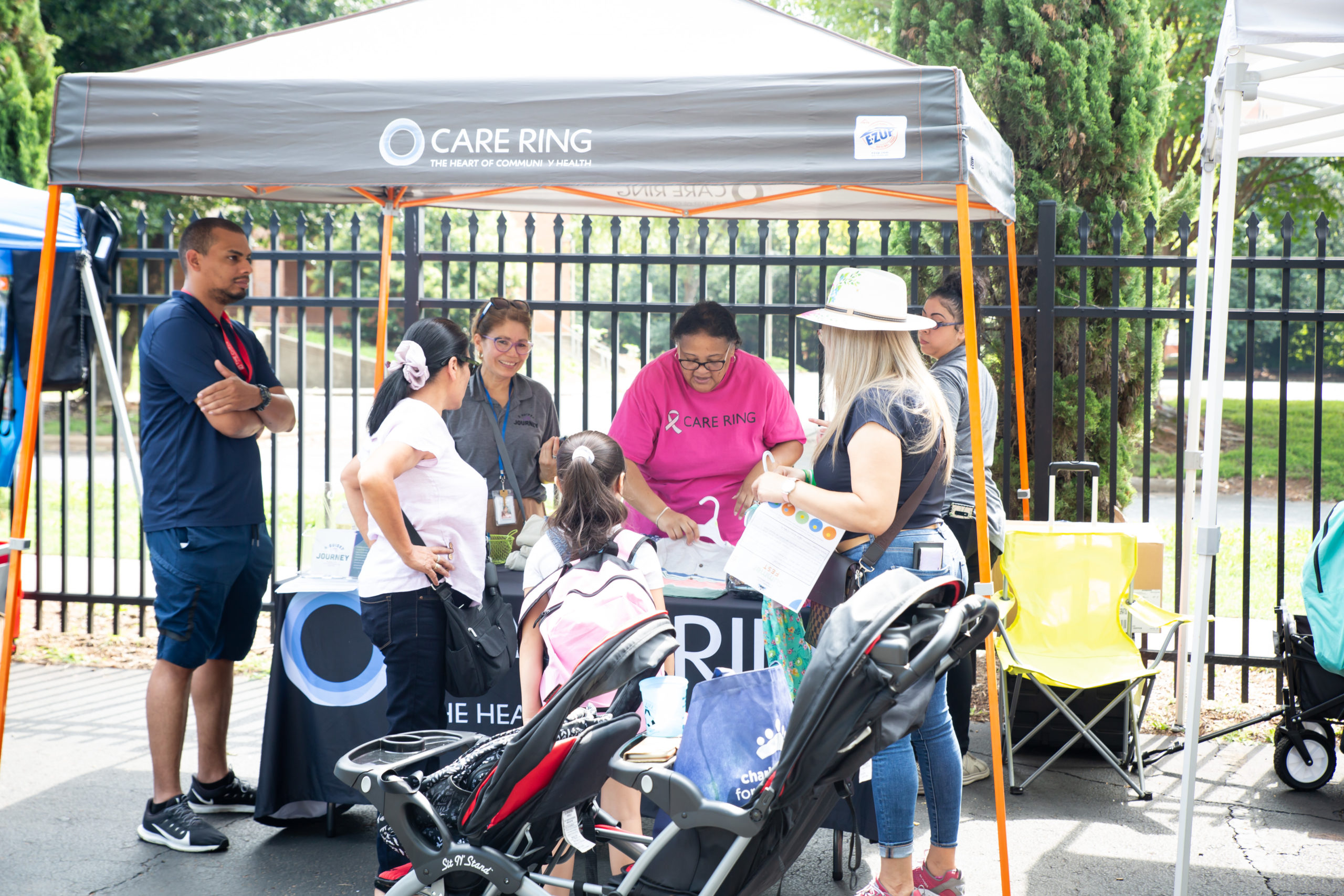
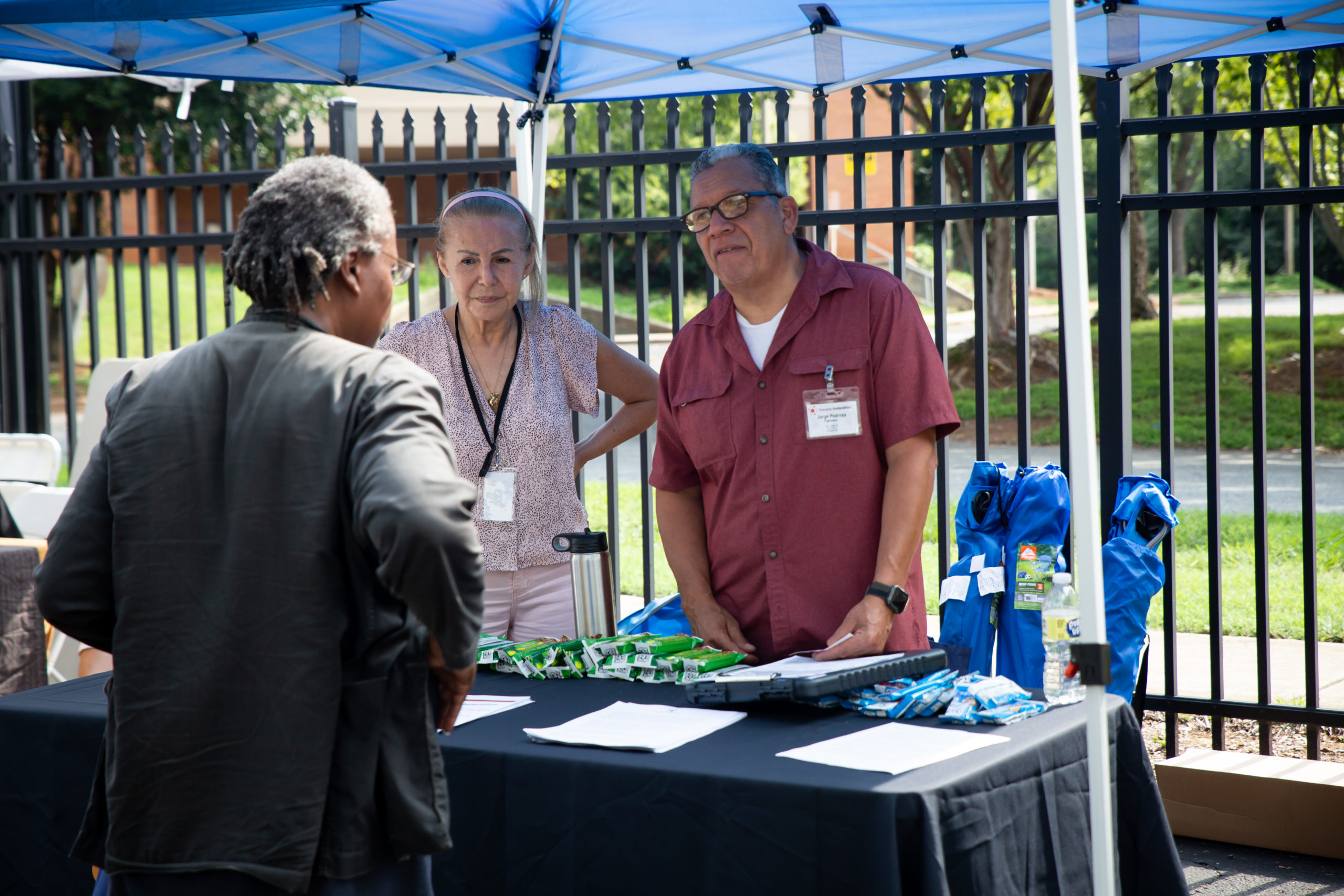
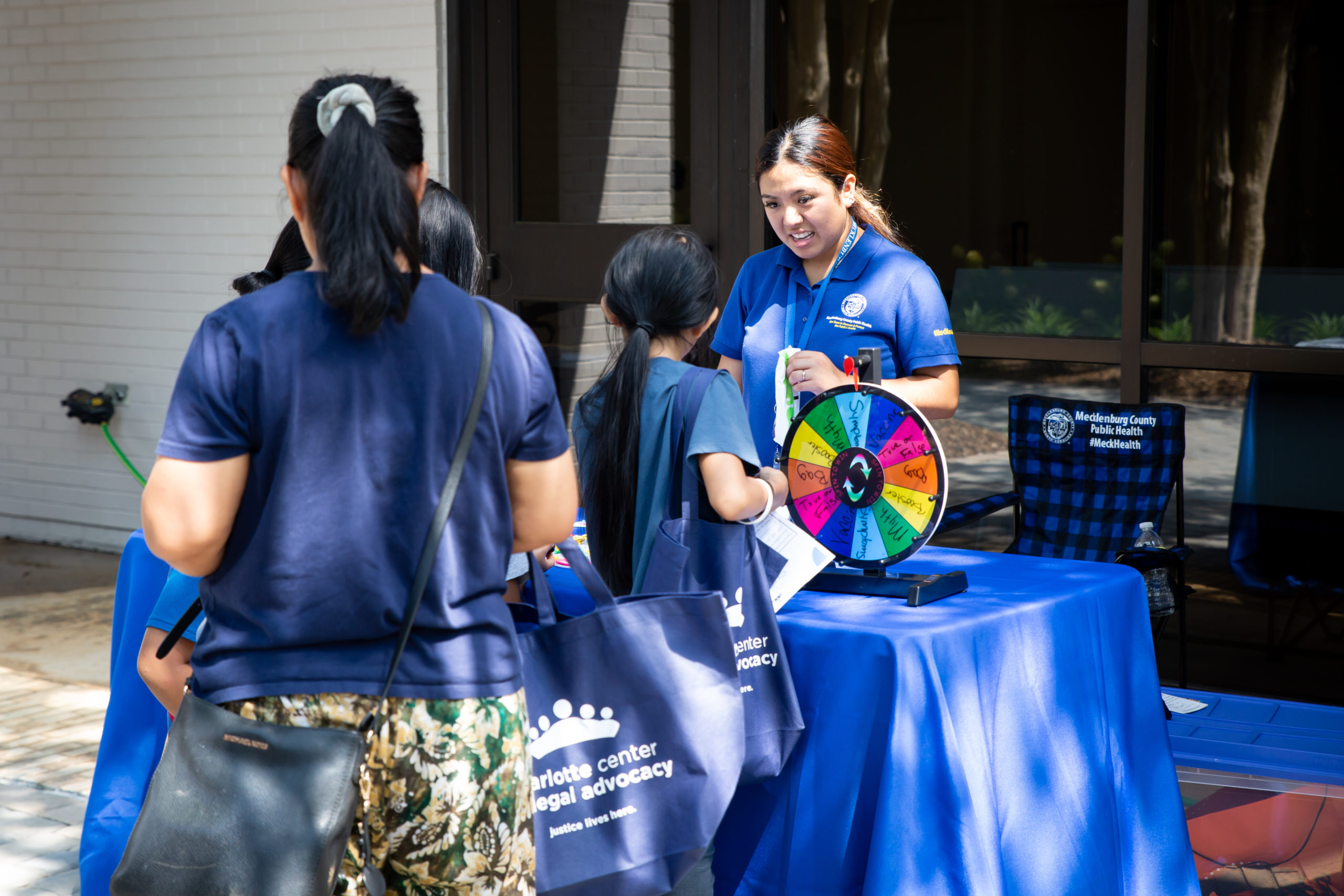
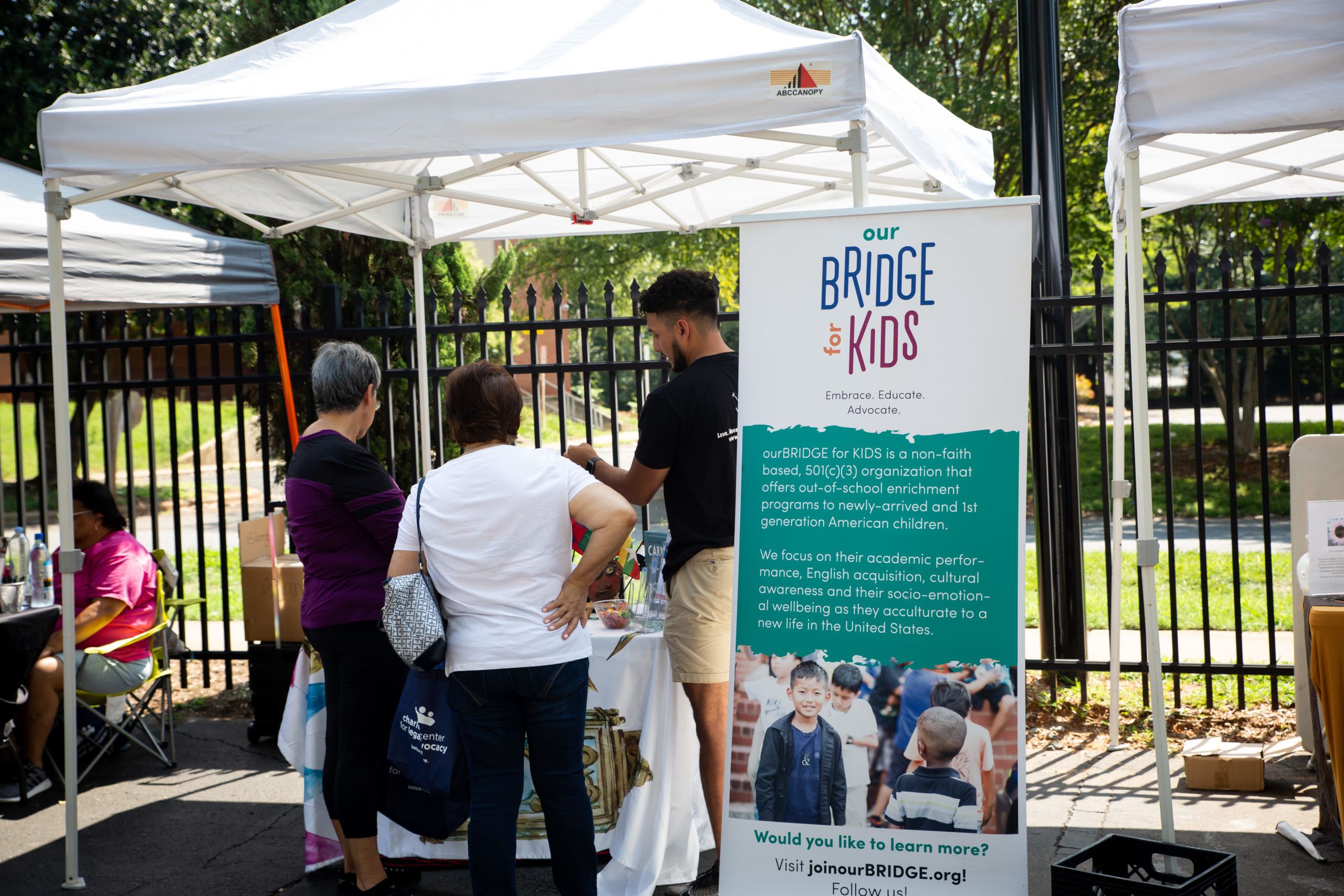
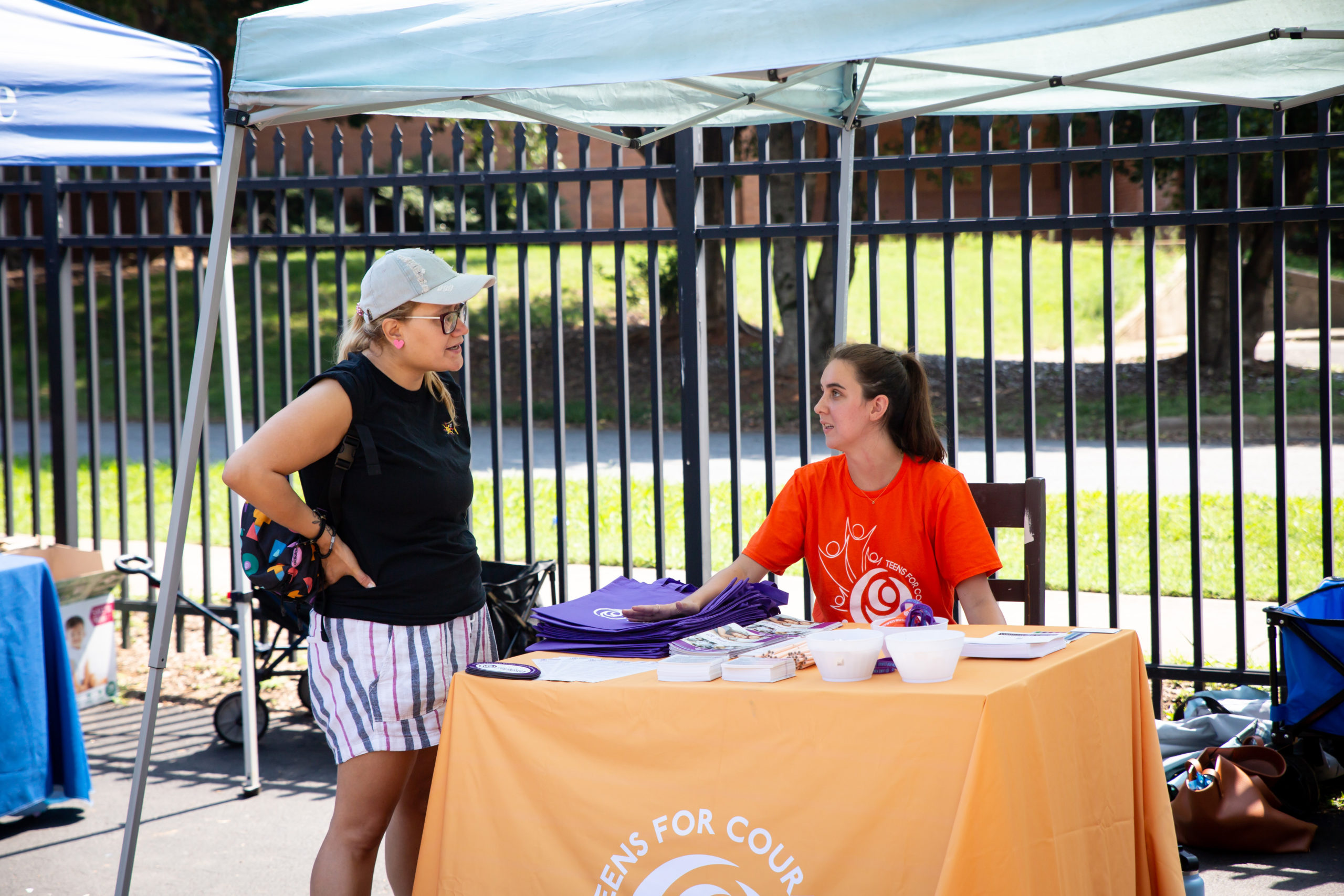
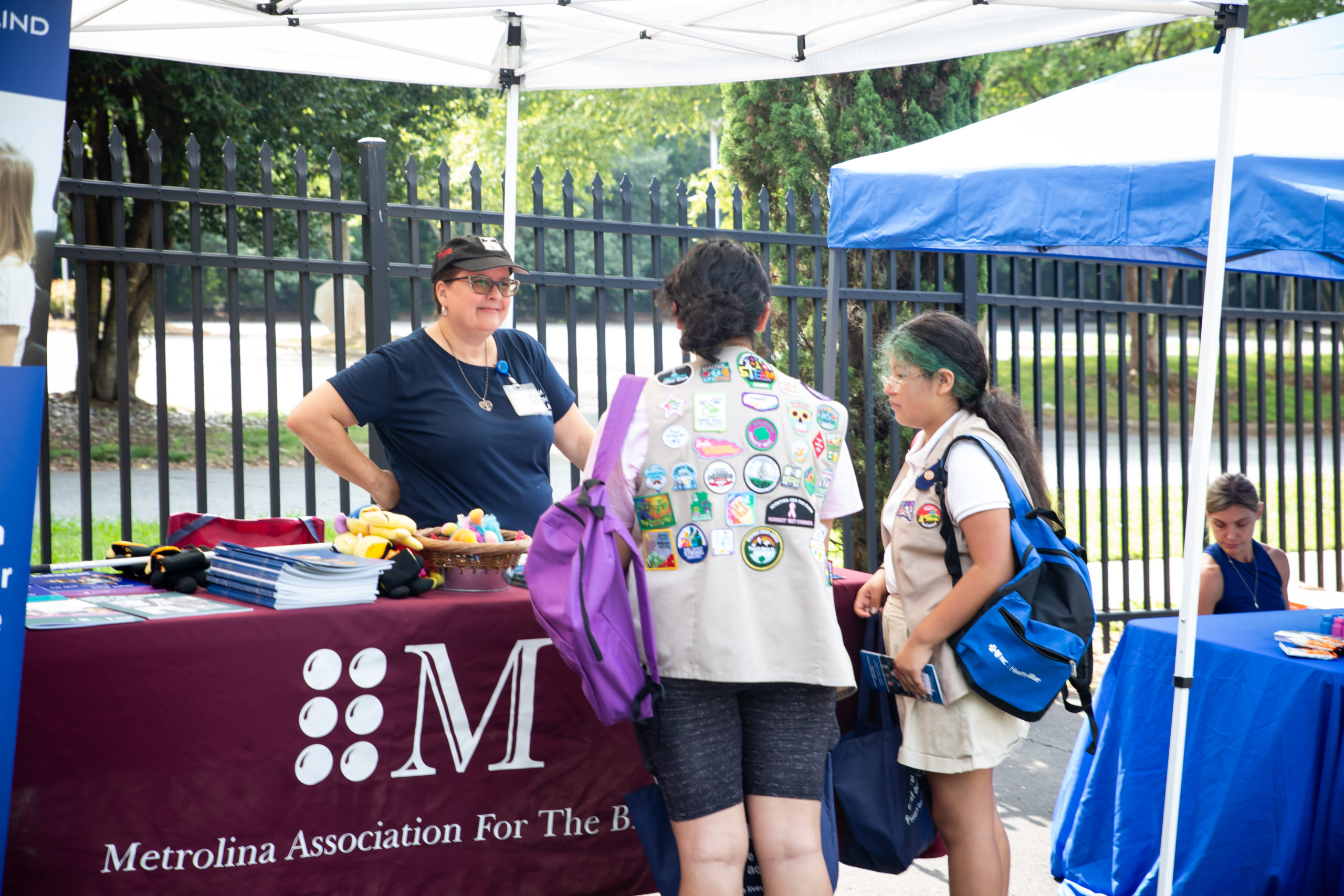
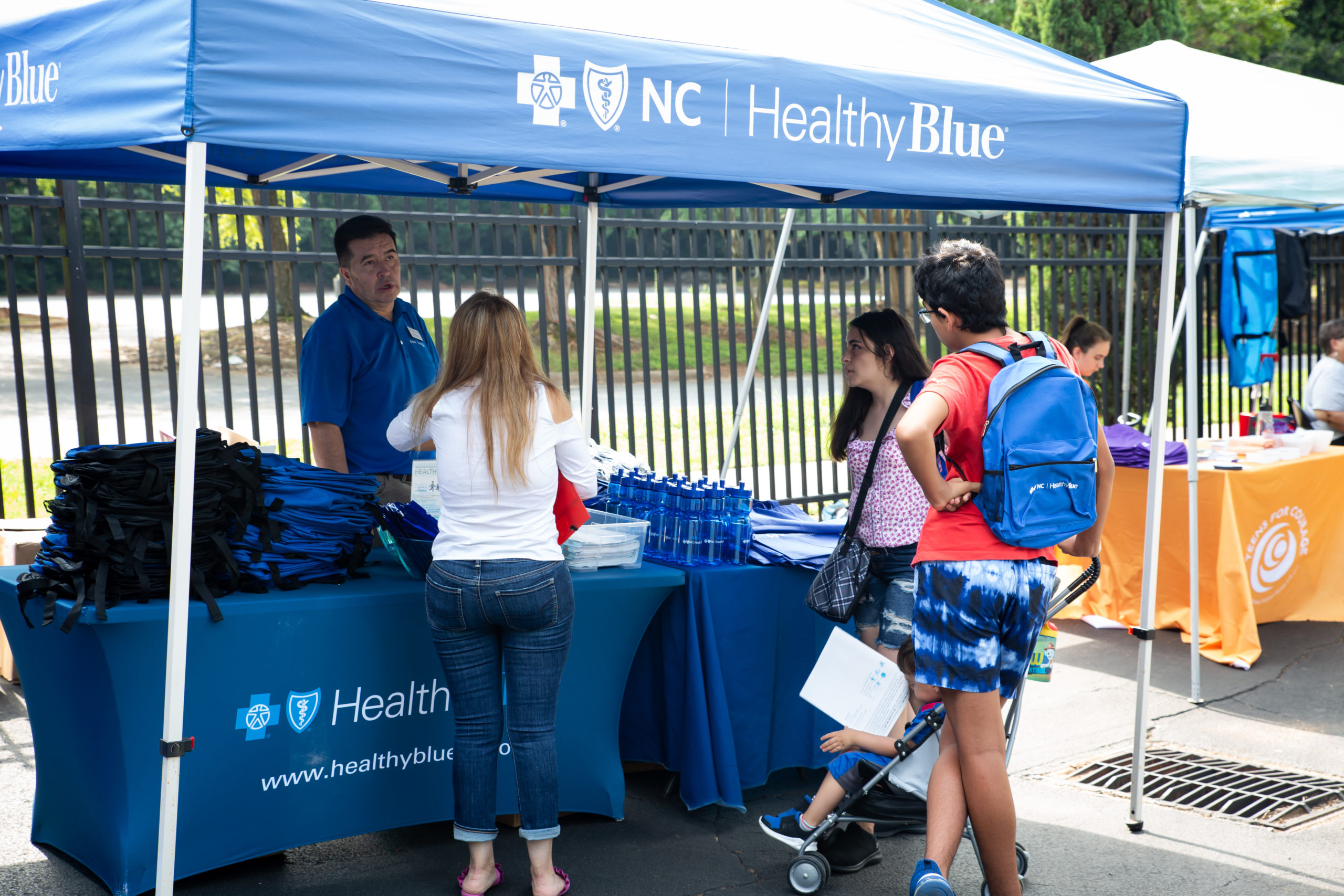
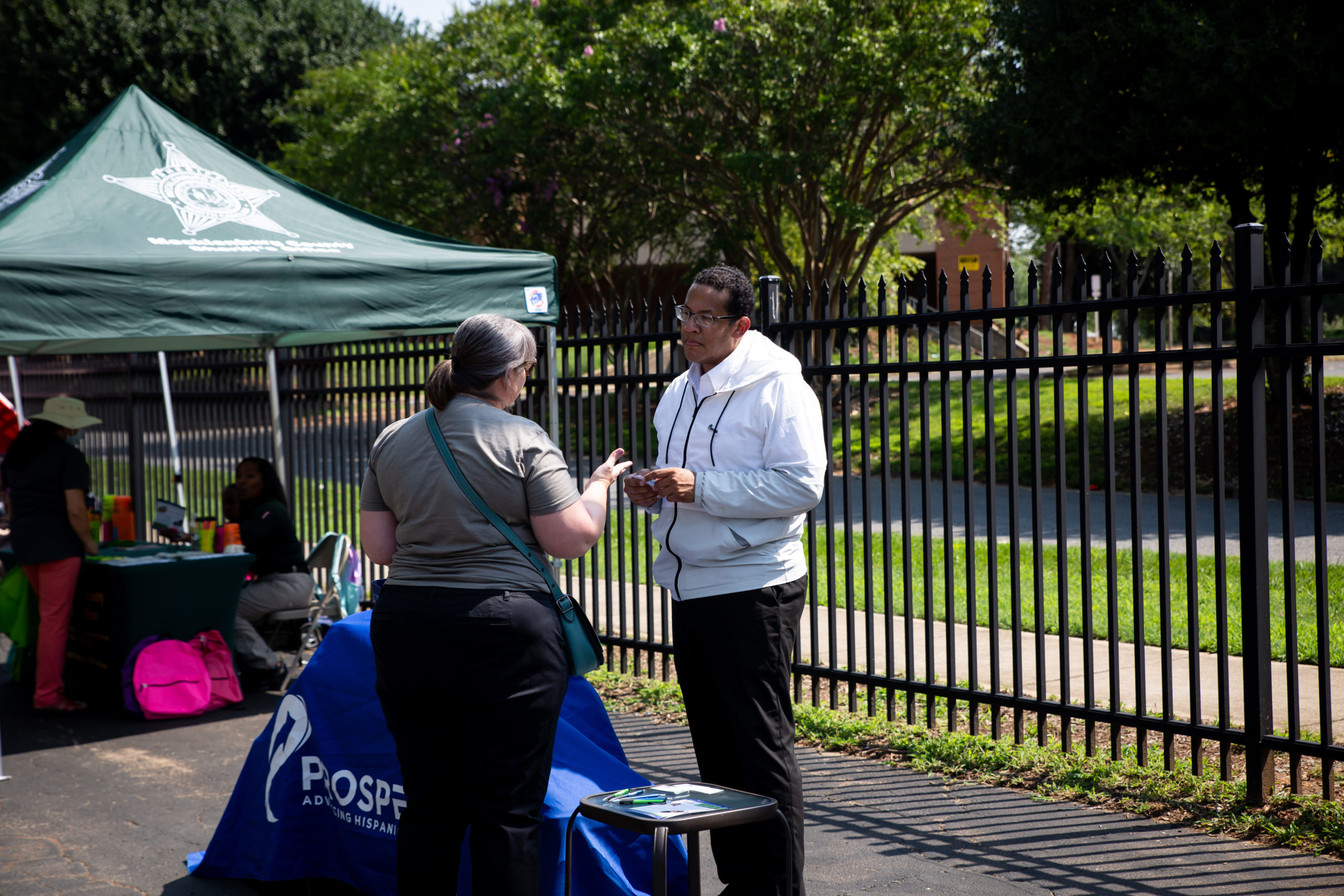
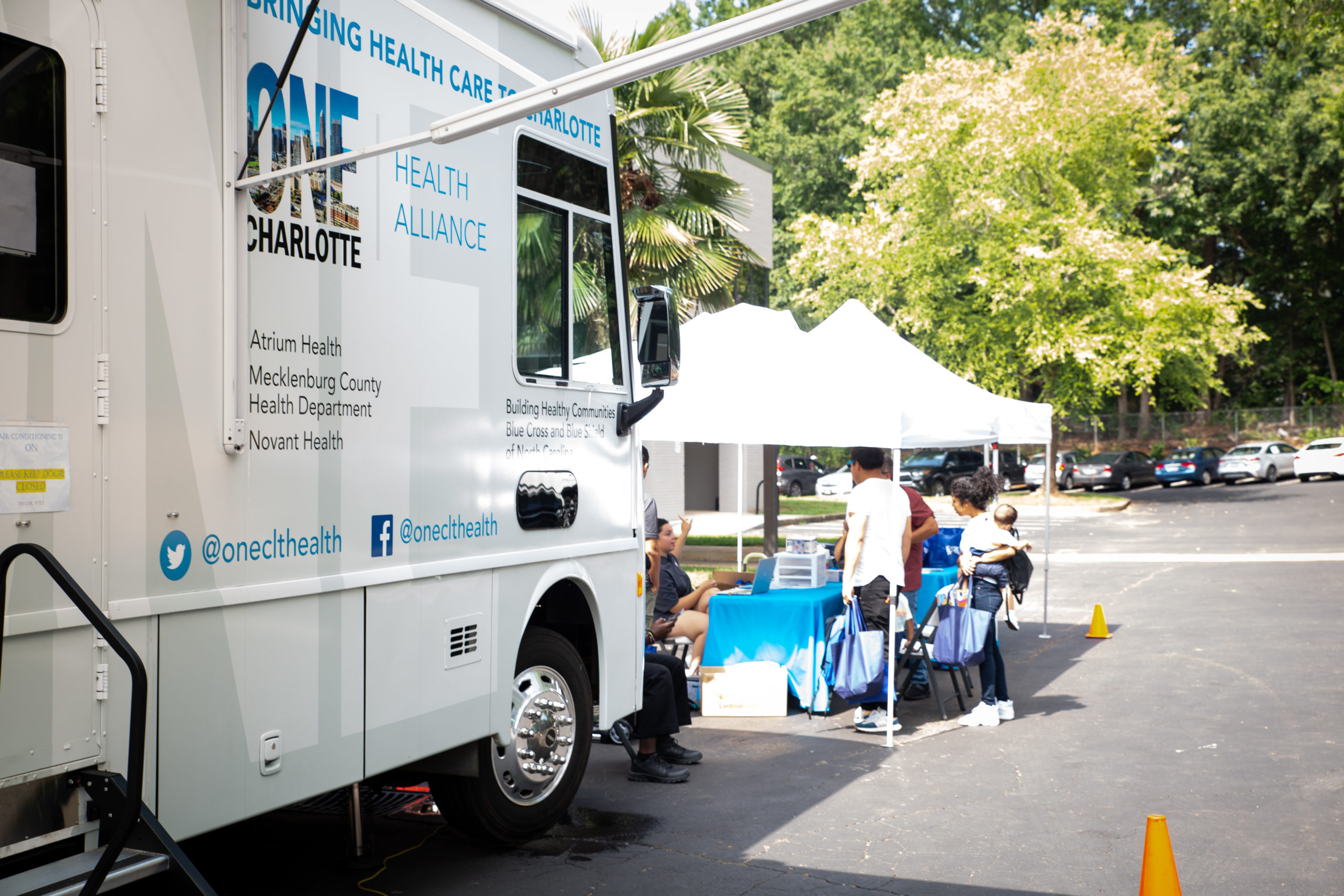
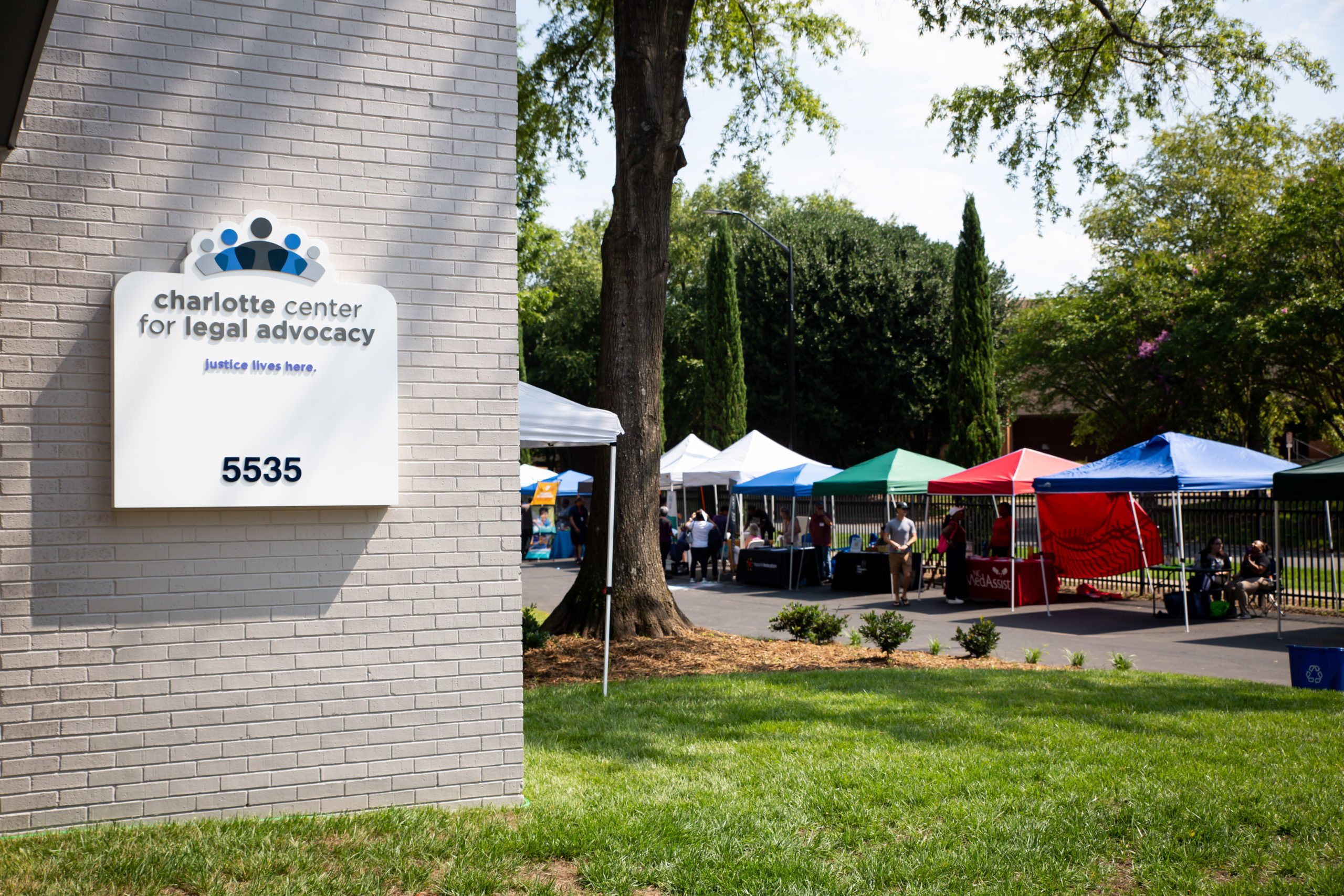
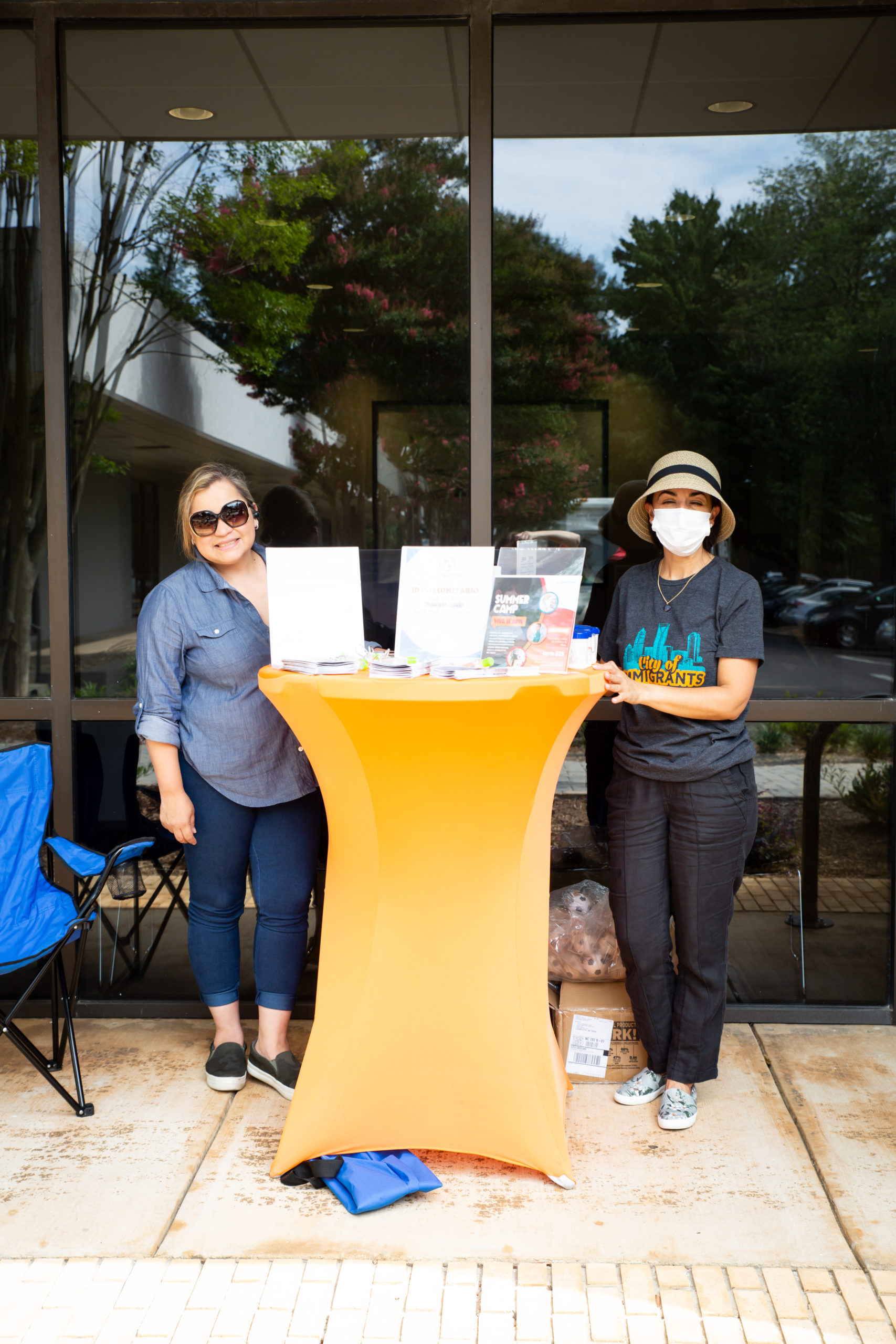
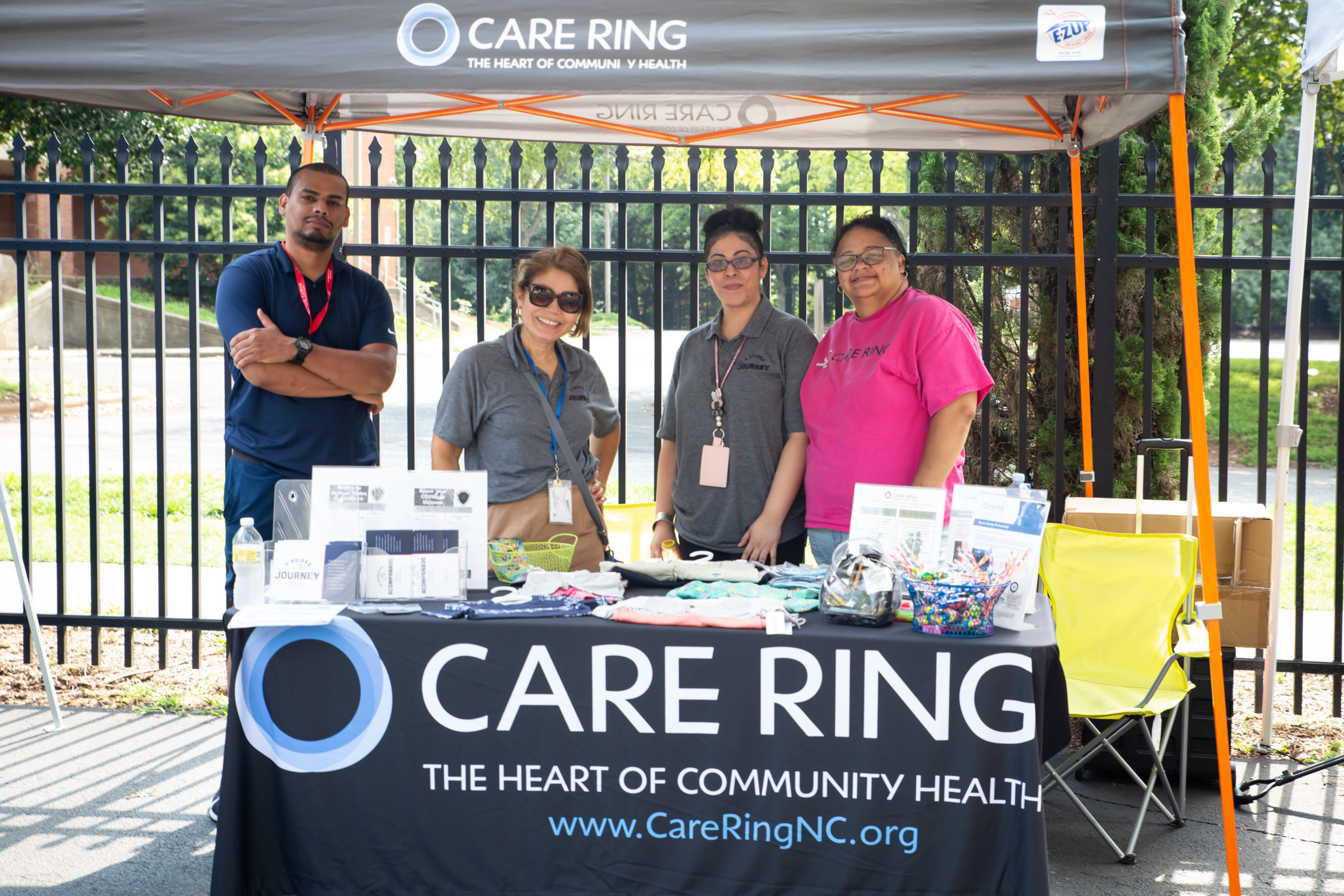
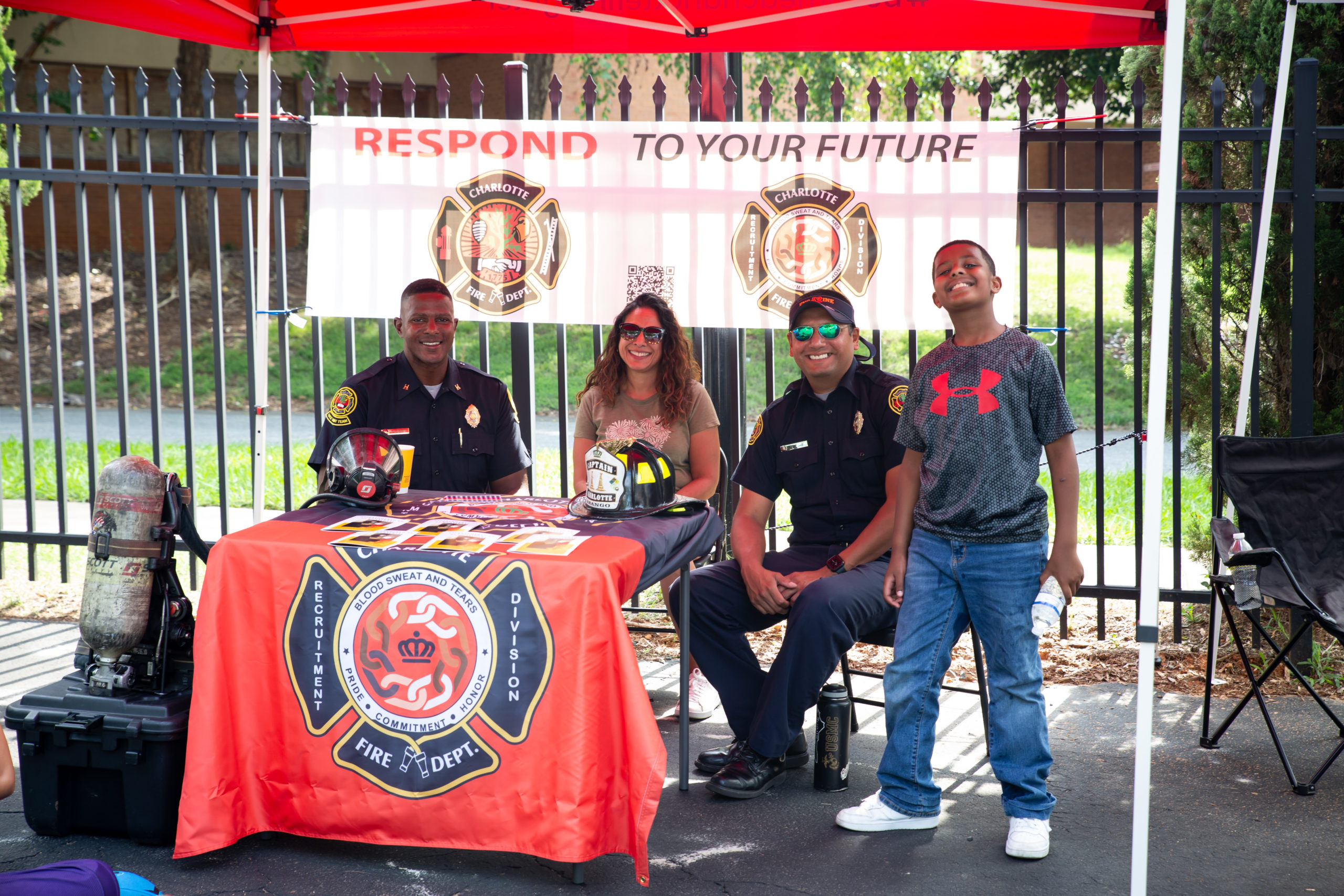
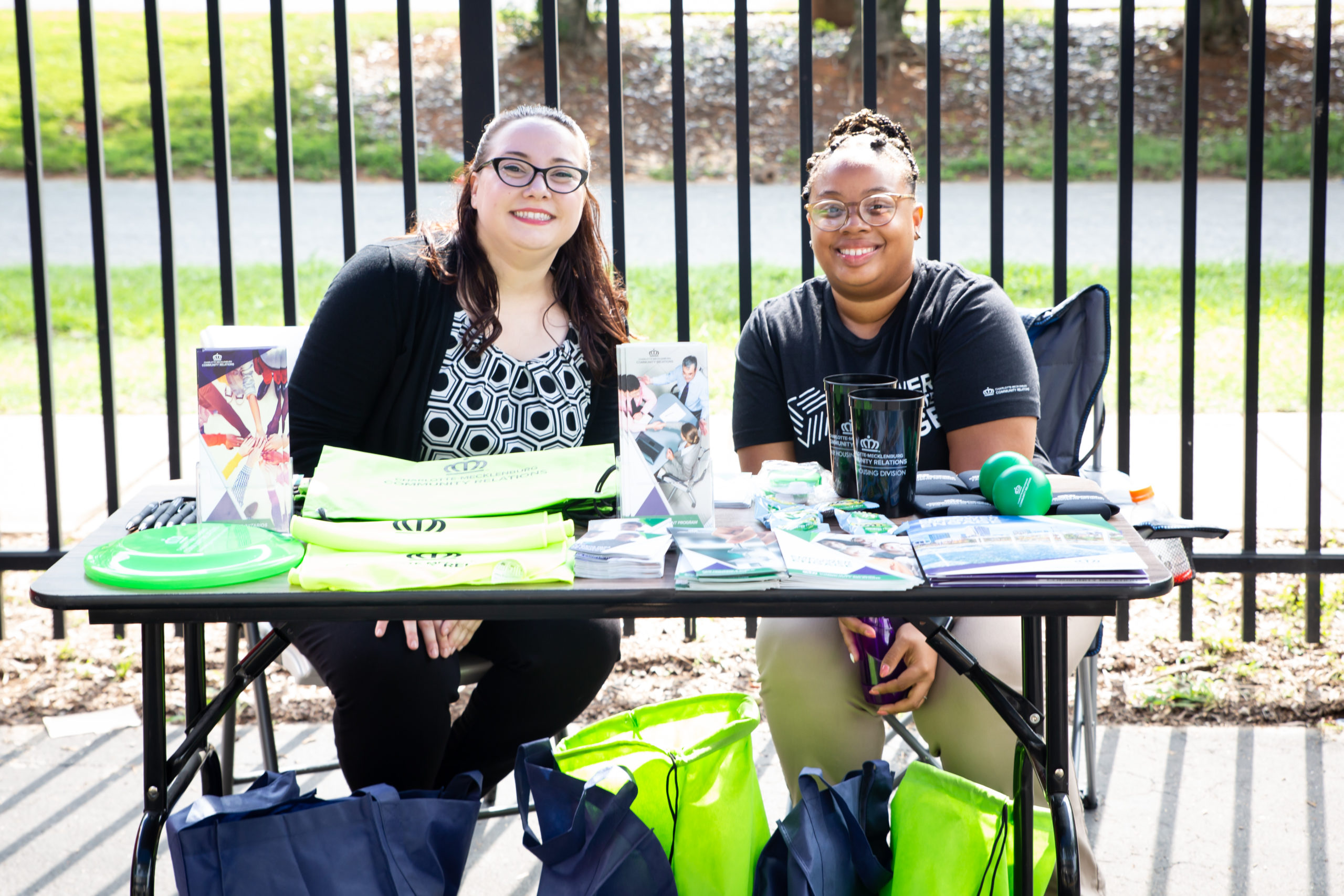
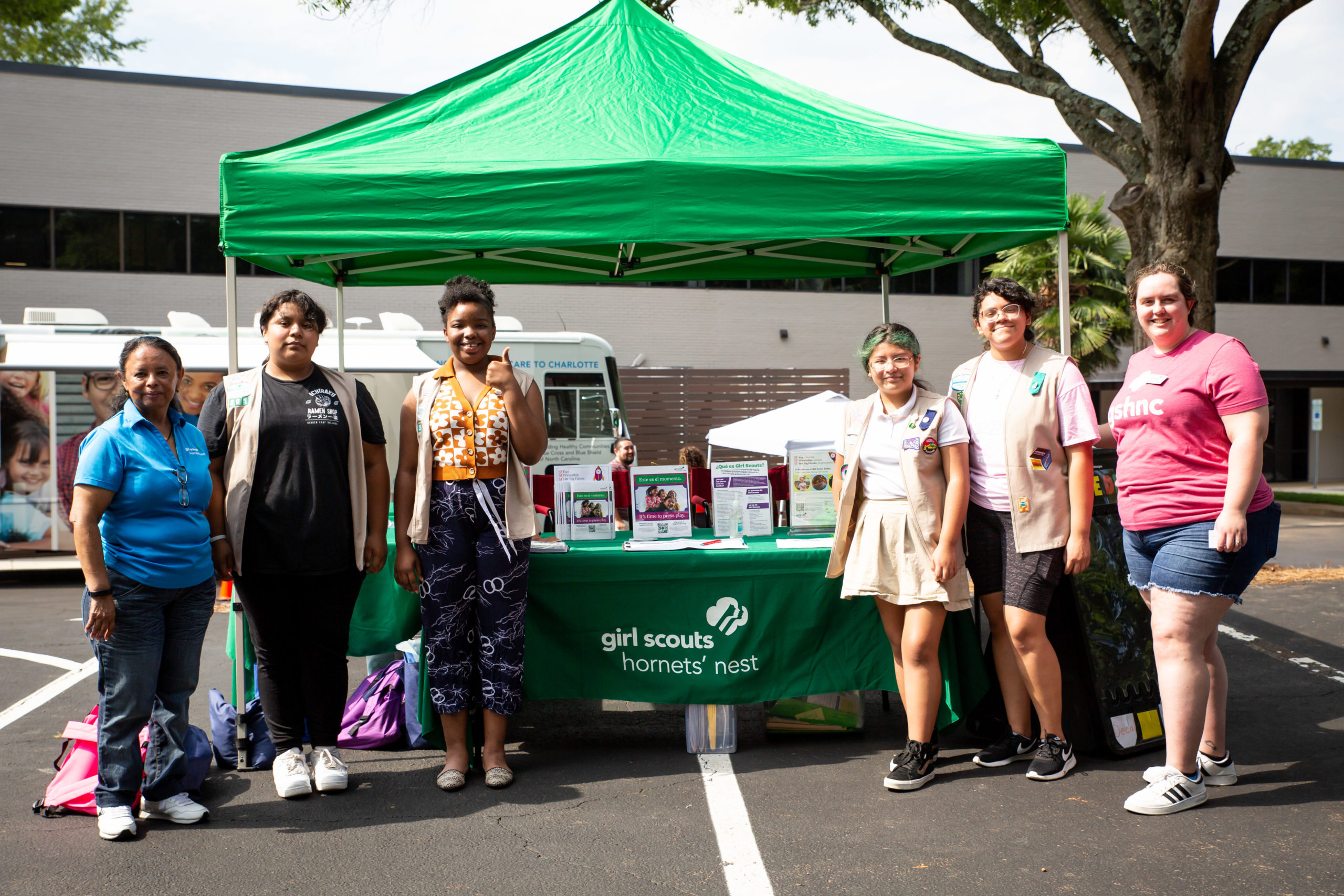
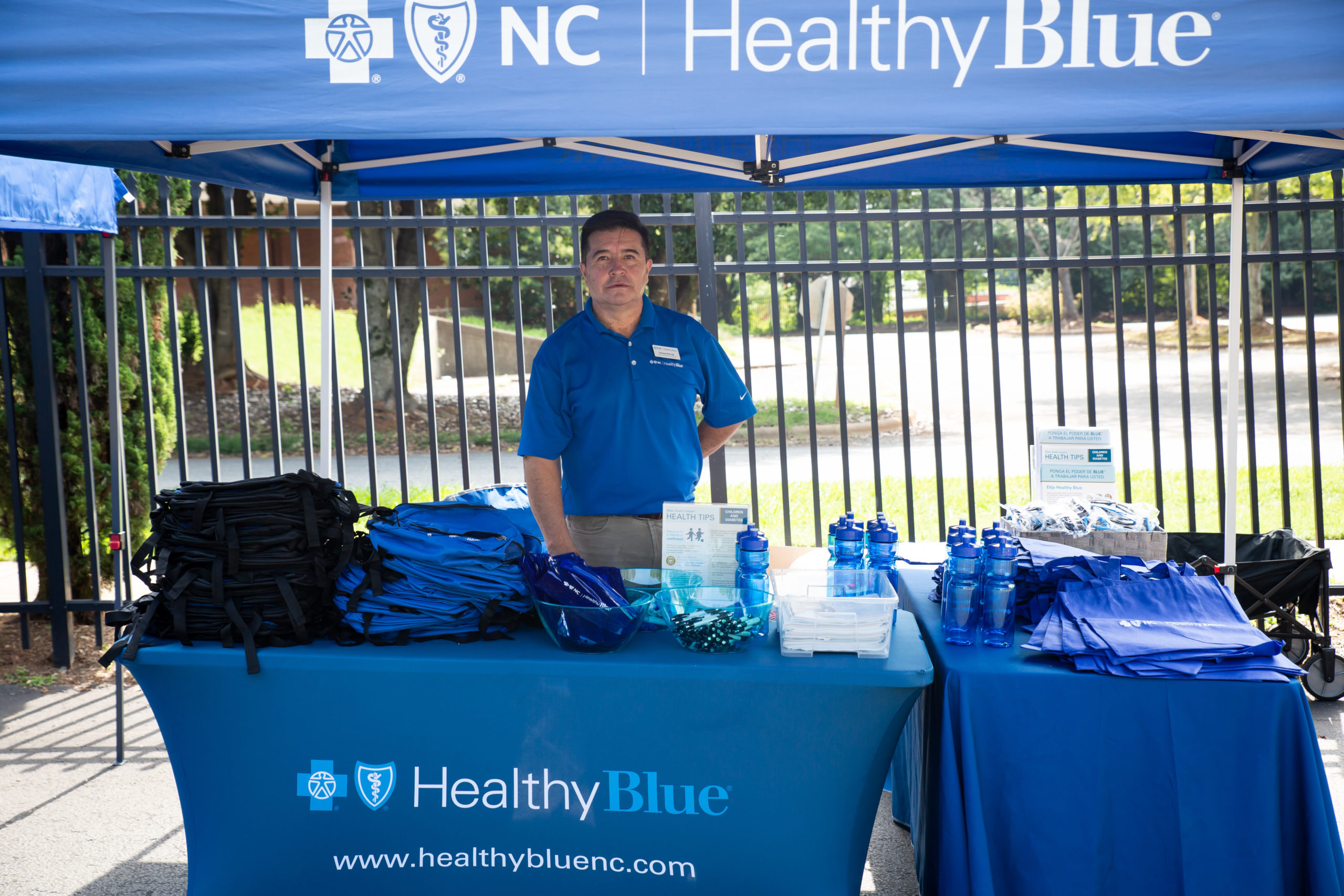
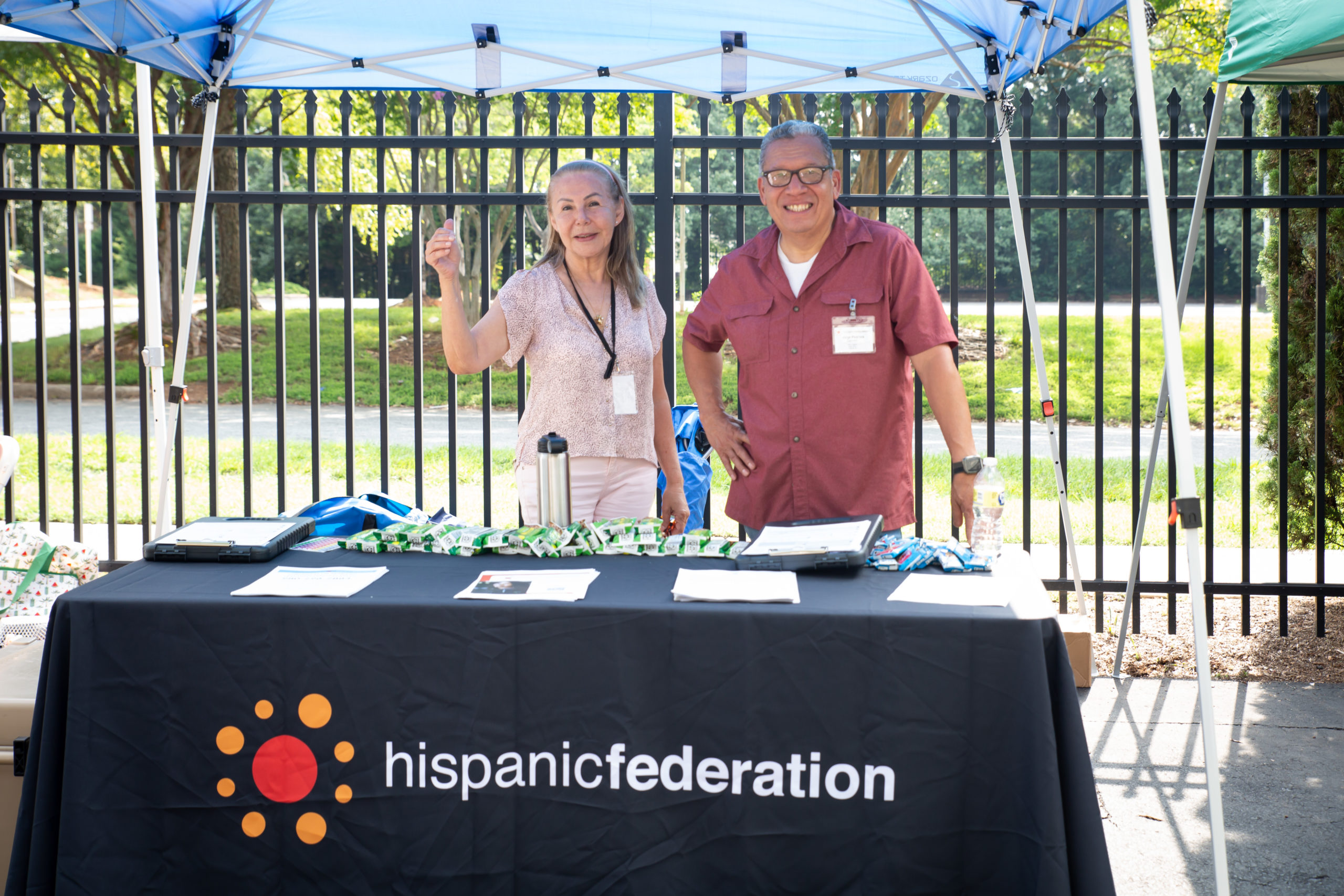
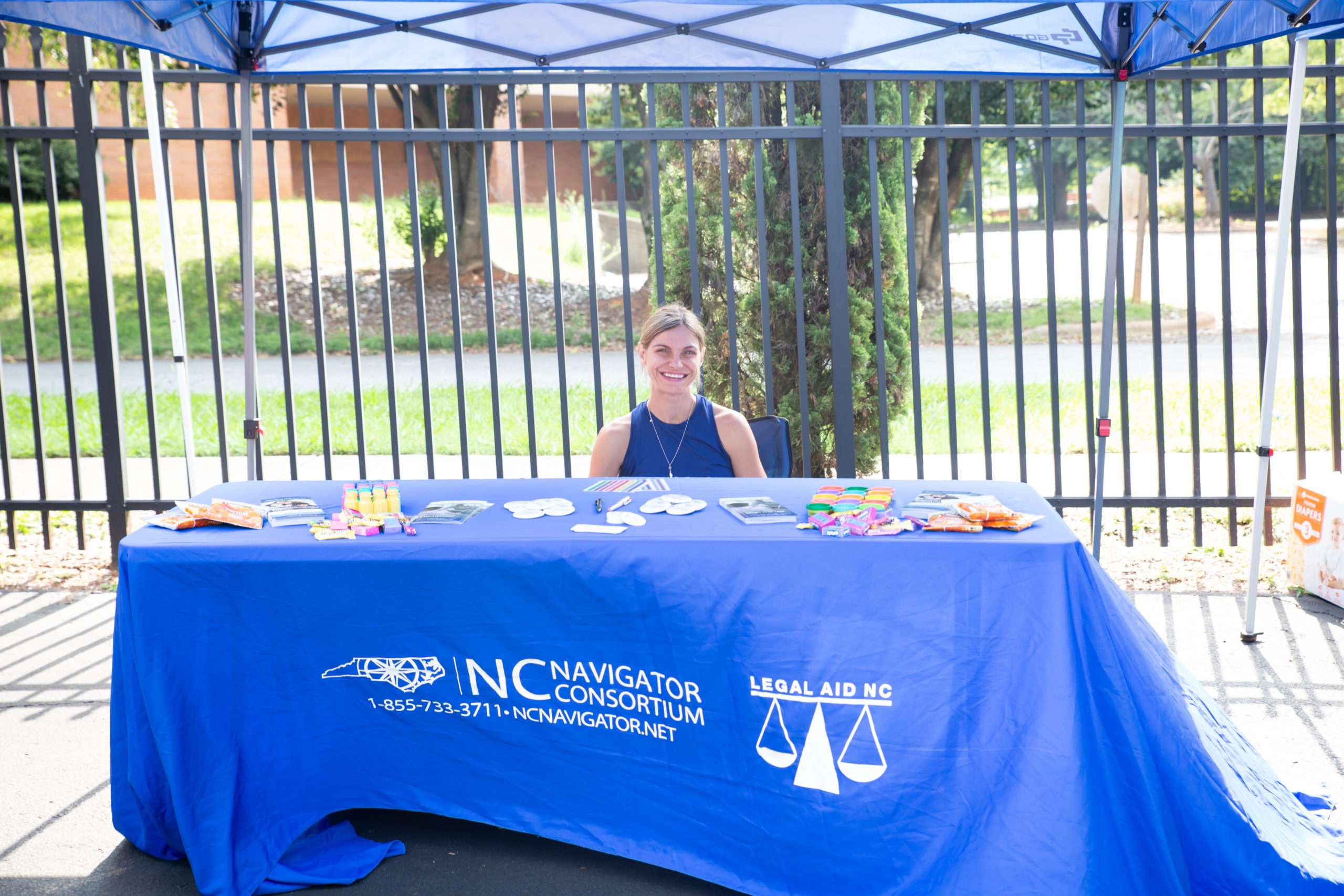
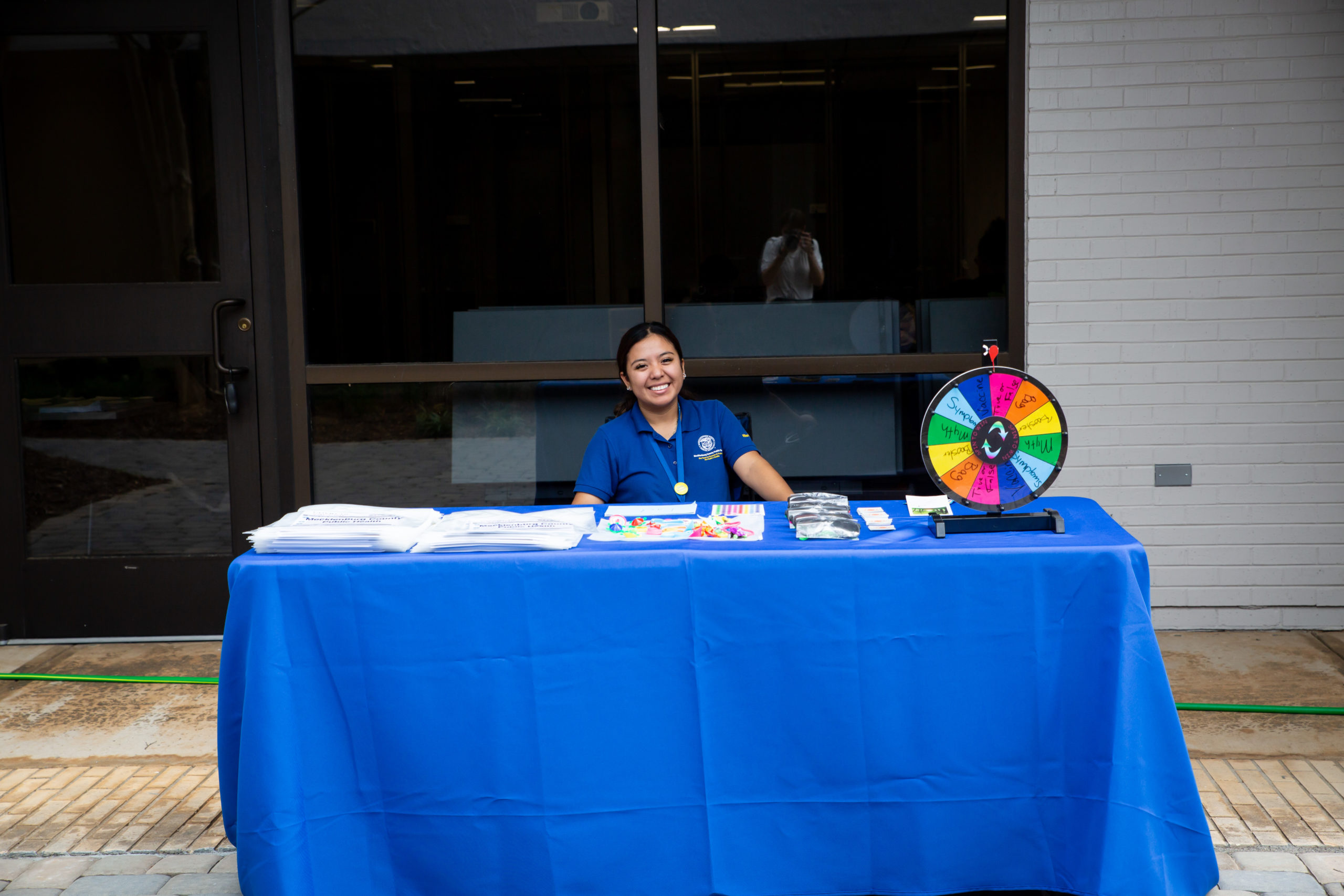
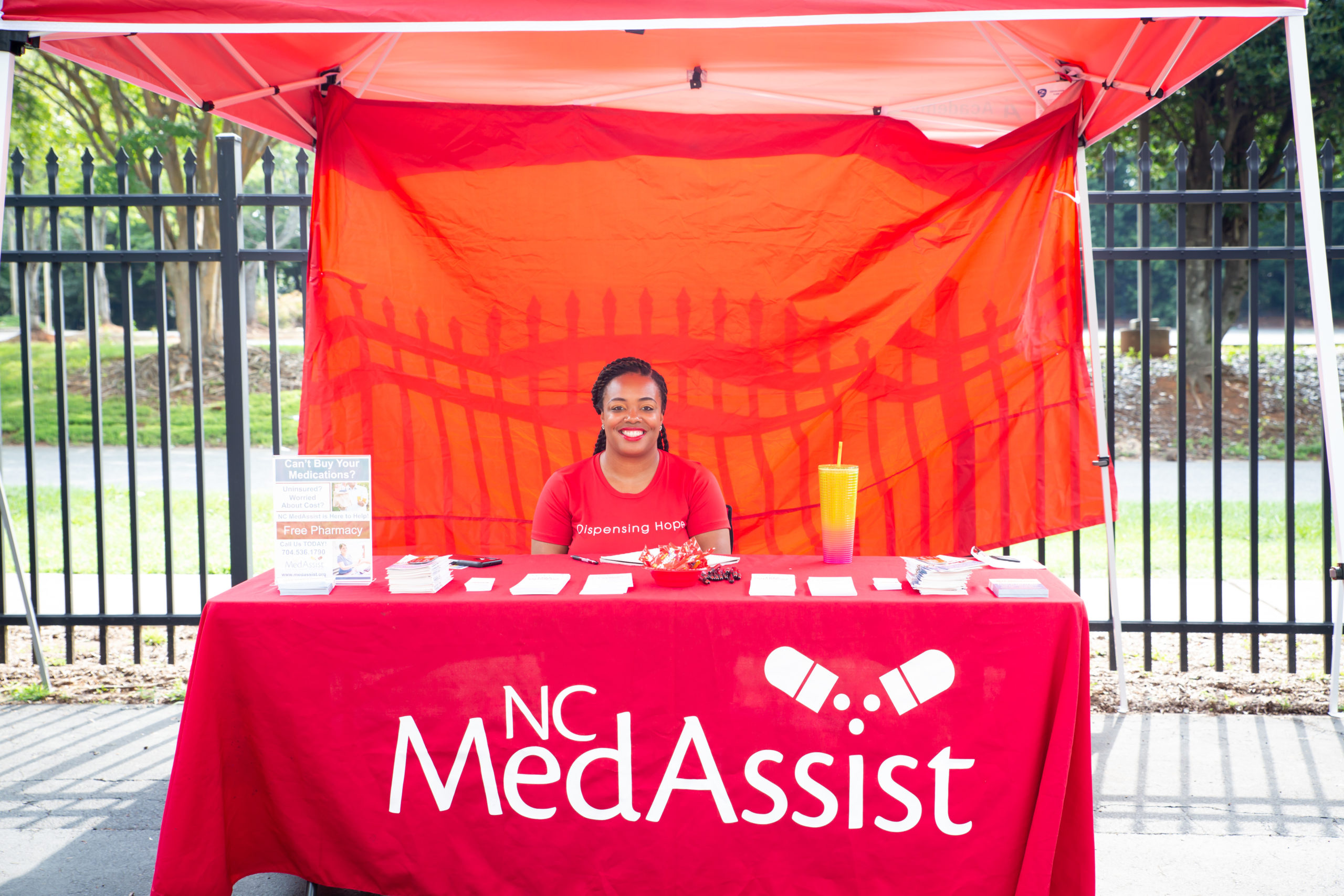
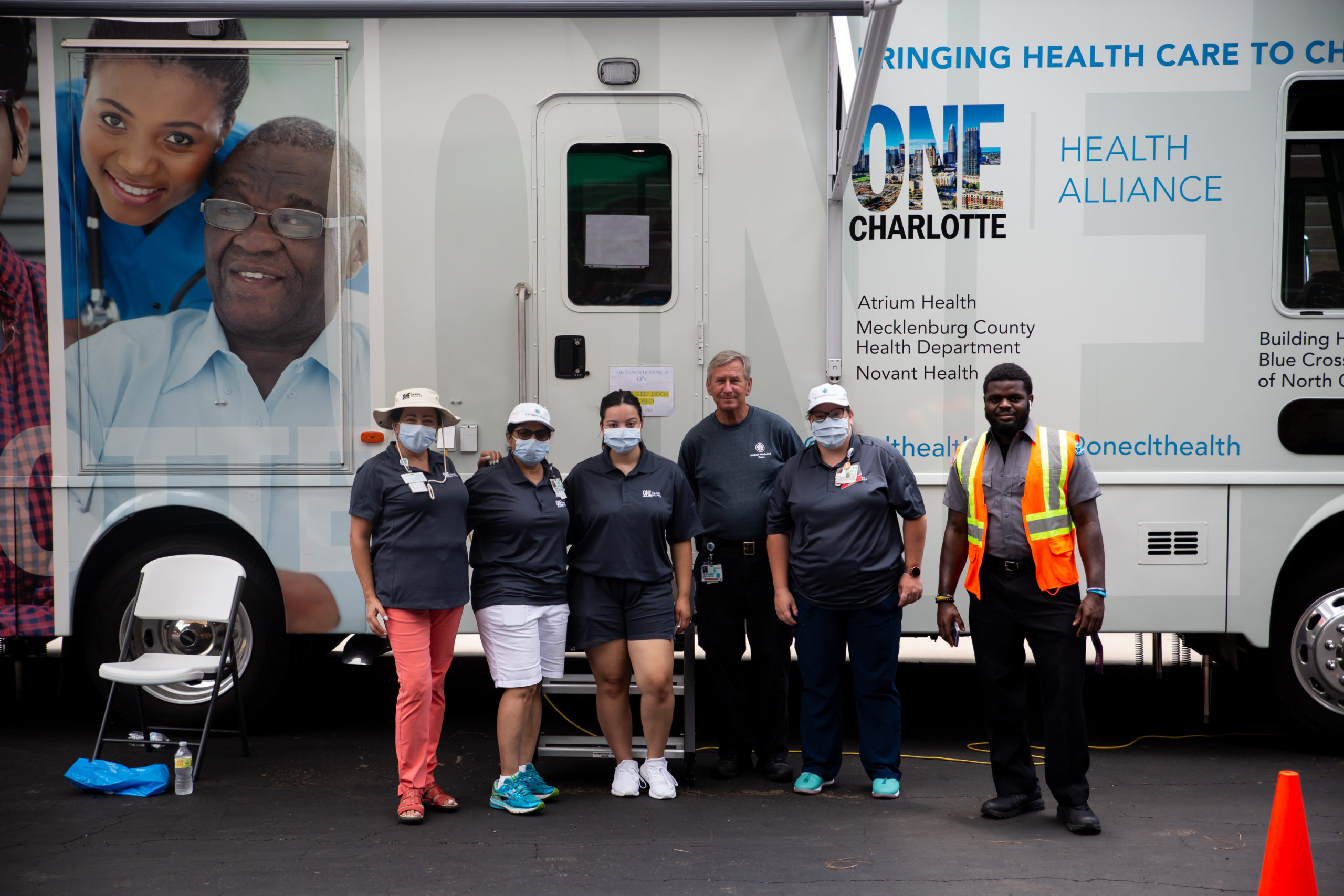
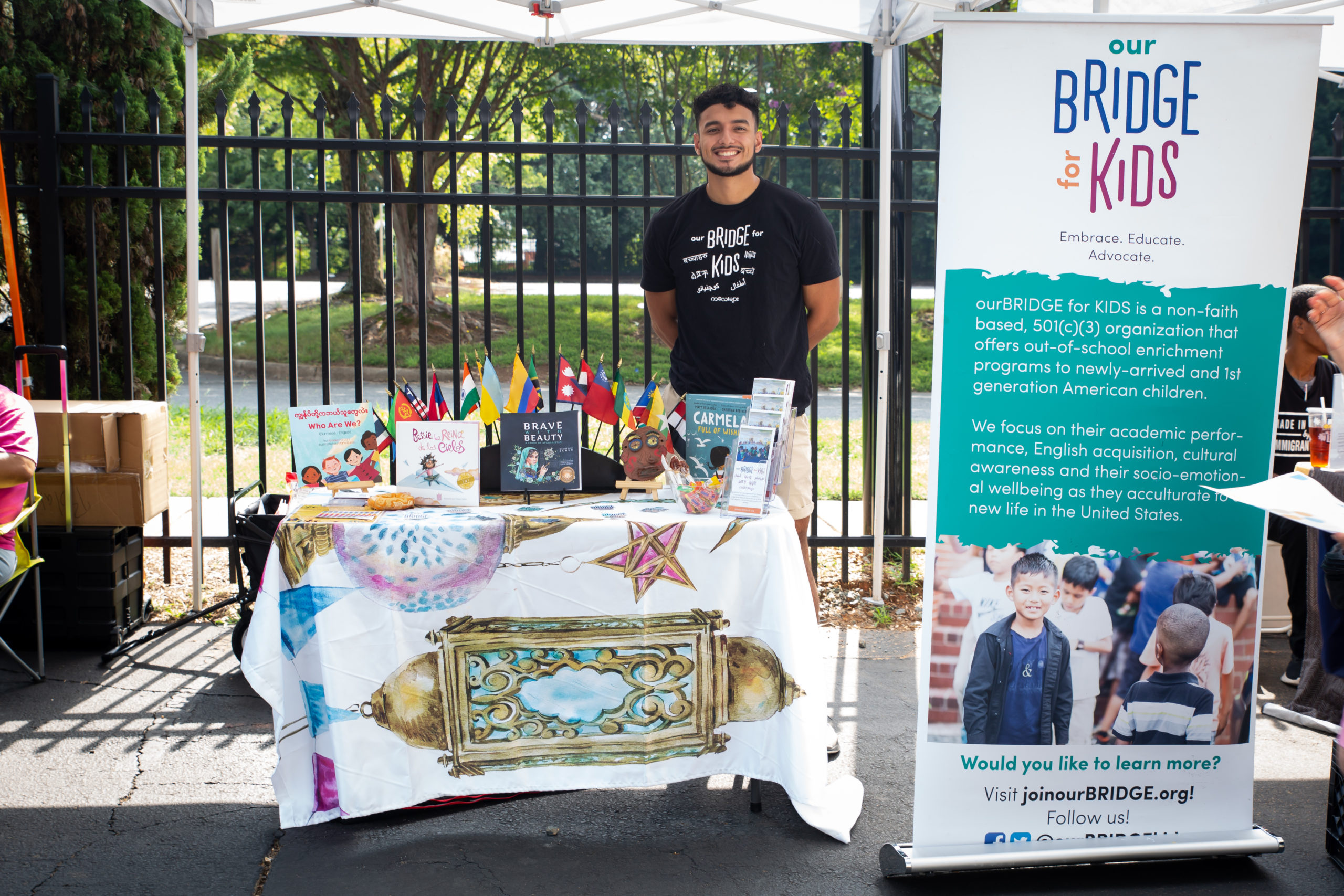
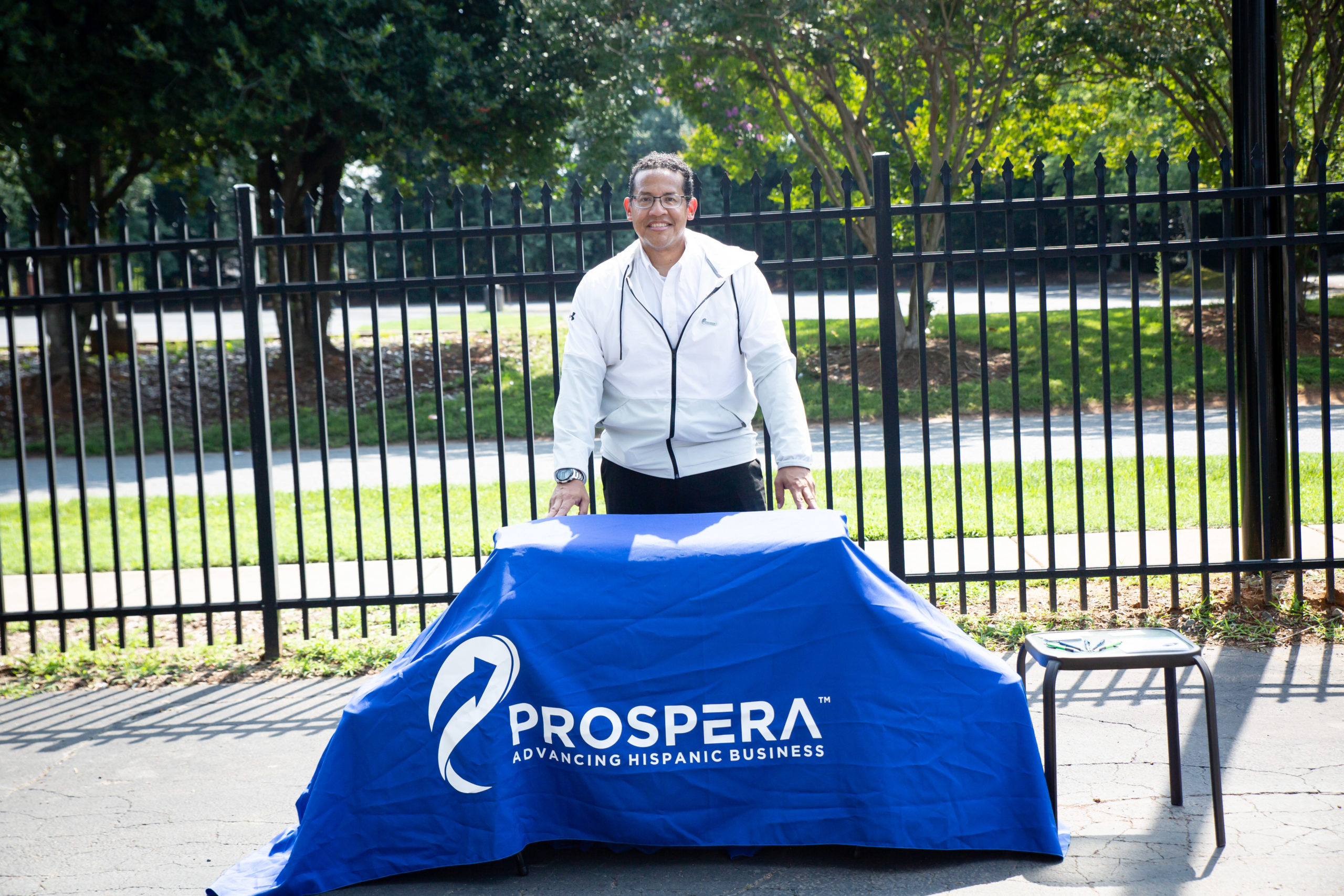
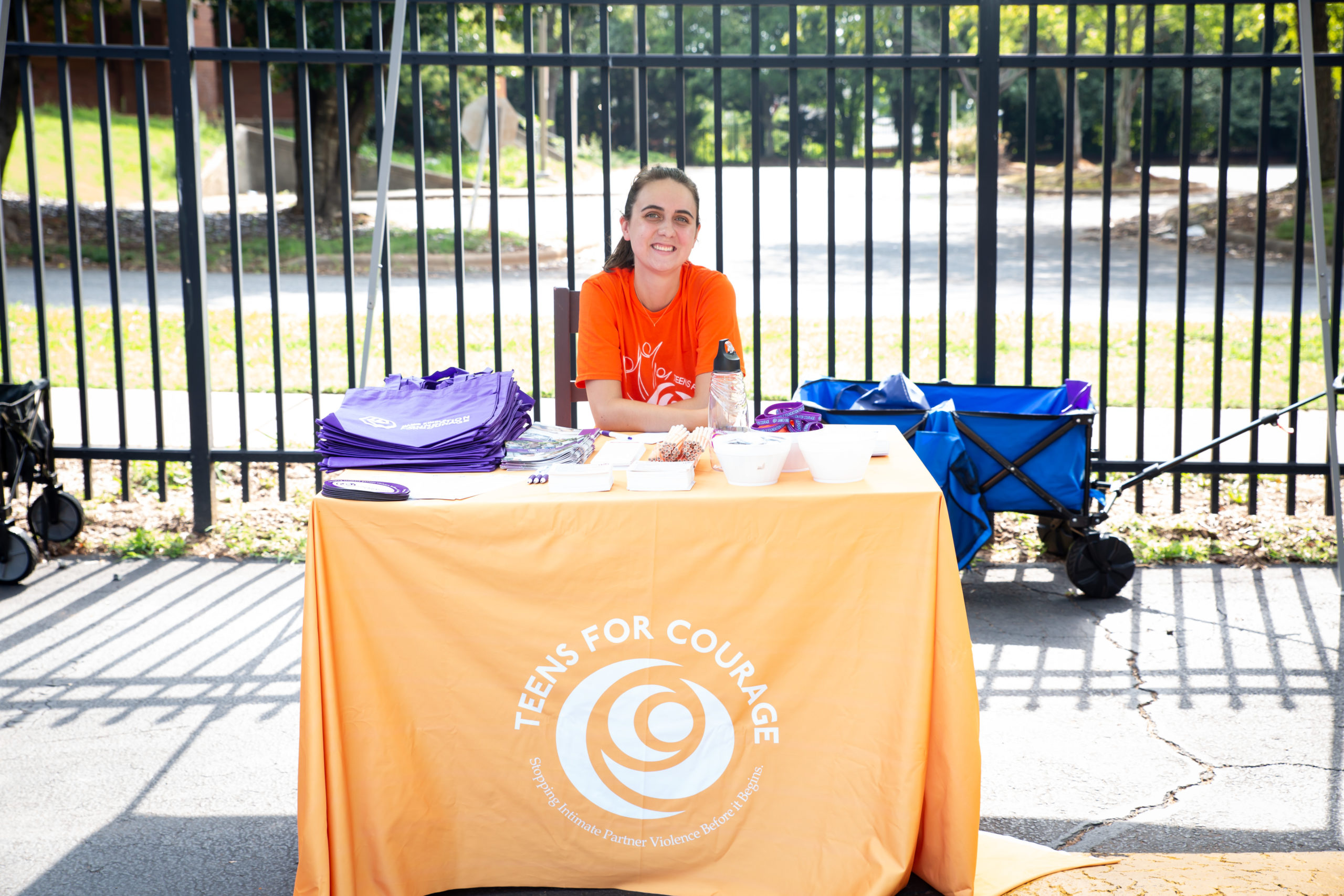
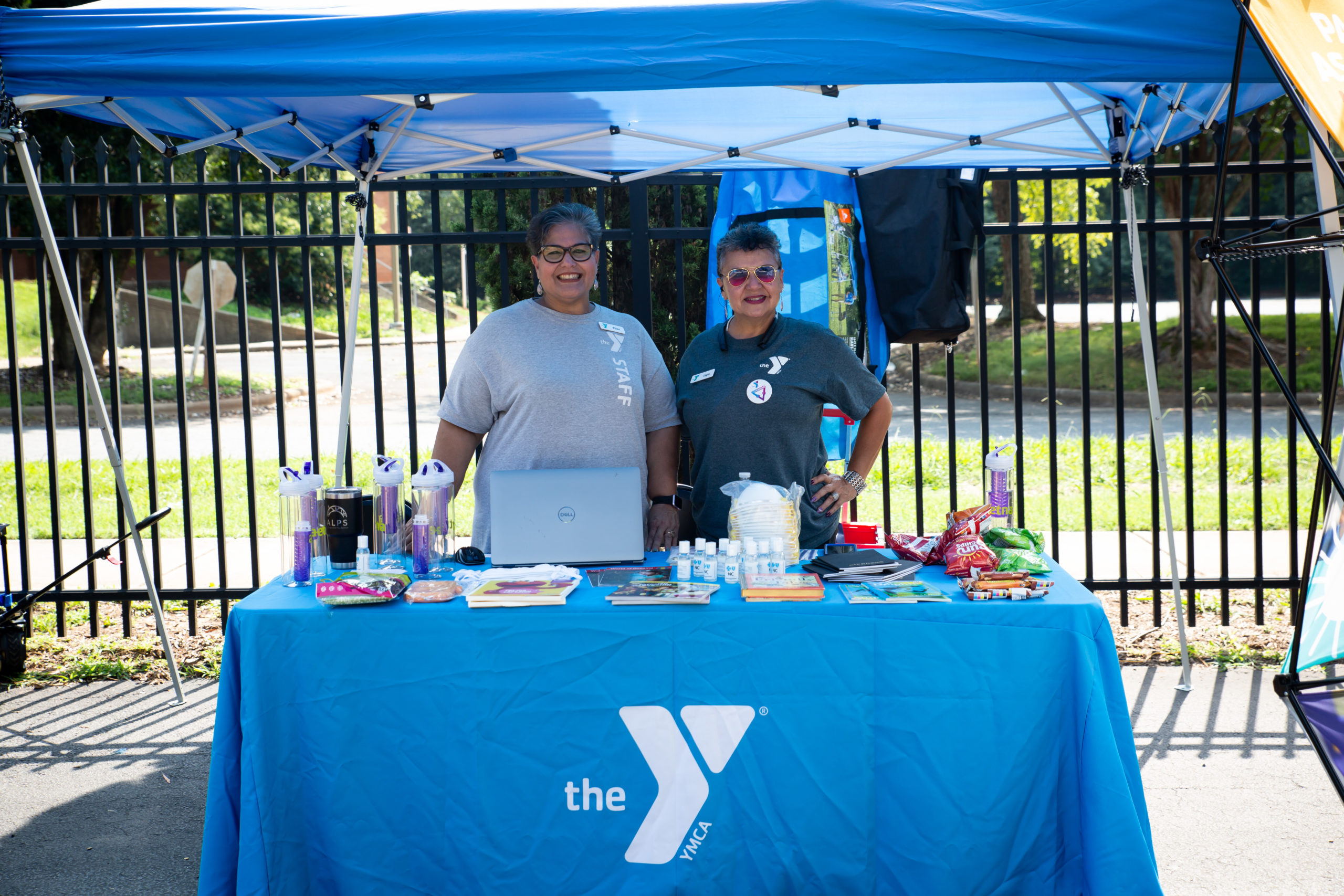
Community partner participants:
- Community Education & Resources
- Charlotte Mecklenburg Community Relations Department
- Girl Scouts Hornets’ Nest Council
- Fill My Cup!
- Hispanic Federation
- International House
- Jamie Kimble Foundation for Courage
- Latin American Coalition
- Loaves and Fishes
- Metrolina Association for the Blind
- National Black Child Development Institute-Charlotte
- ourBRIDGE for KIDS
- Prospera
- Refugee Support Services
- Self Help Credit Union
- YMCA
- Health Resource & Services
- Anuvia Prevention and Recovery Center
- Atrium Health/Levine Cancer Institute
- Care Ring
- Charlotte Community Health Clinic
- Healthy Blue
- Hope Community Clinic
- Legal Aid of North Carolina
- Mecklenburg County Health
- NC MedAssist
- WellCare NC
- Career Opportunities
- Charlotte Fire Department
- CSL Plasma
- Sherwin Williams
Special thanks to our community supporters:
Girl Scouts Hornets’ Nest Council (GSHNC) is a nonprofit organization with the mission to build girls of Courage, Confidence, and Character, who make the world a better place; we do this through hands on experiences in STEM, Outdoors, Entrepreneurship, Life Skills. As Girl Scouts, they develop a strong sense of self, discovering their interests and ambitions as they pursue their dreams with the confidence that they can achieve anything they put their mind to. GSHNC serves girls from raising kindergarten to 12th grade in Mecklenburg, Cabarrus, Union, Anson, Montgomery, Stanly, Rowan, and York counties. To learn more about Girl Scouts visit www.gsusa.org or call 704.731.6500 or e-mail at customercare@hngirlscouts.org
Healthy Blue is a Managed Care Health Plan for Medicaid members in North Carolina providing access to quality low-cost health care. We work with thousands of doctors, specialists, and hospitals throughout the state, and we partner with many local organizations to help you get the care and services you need to live your best.



